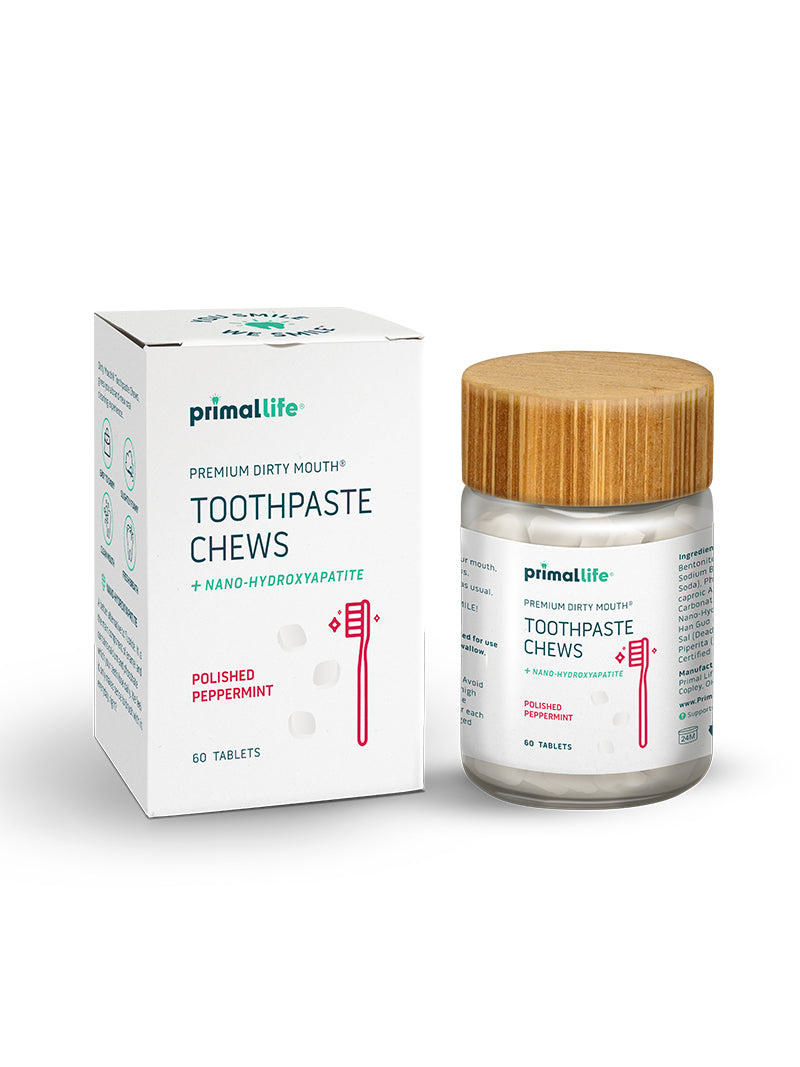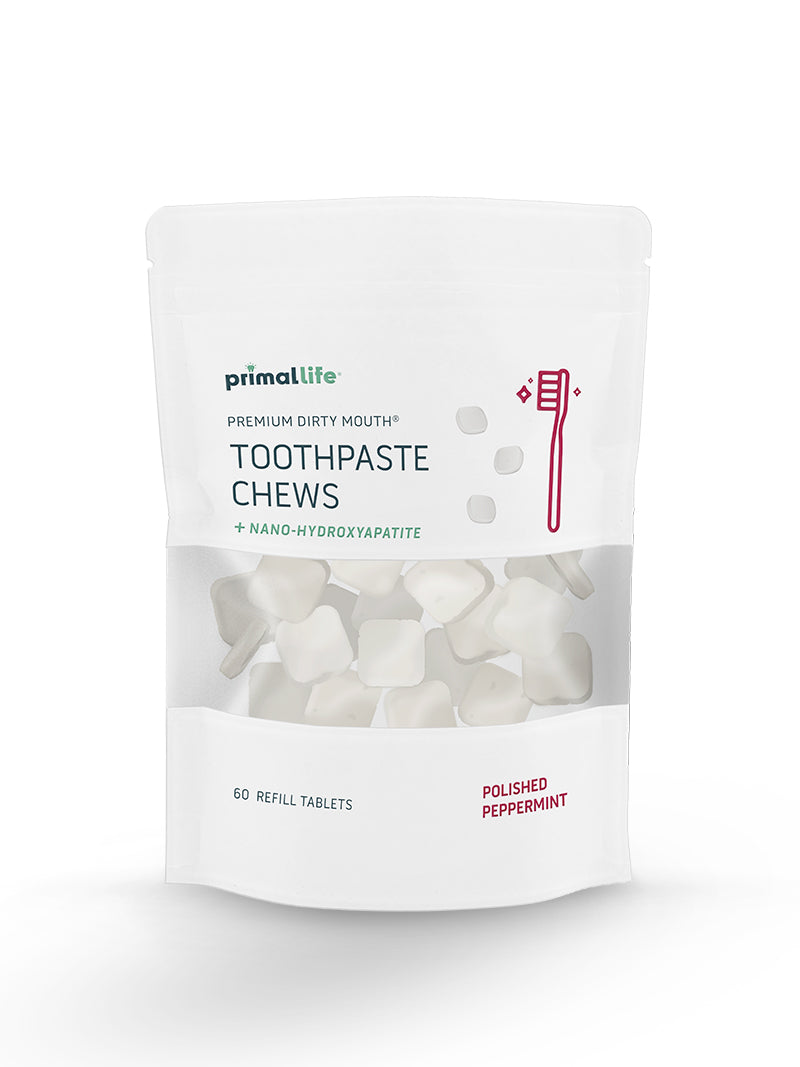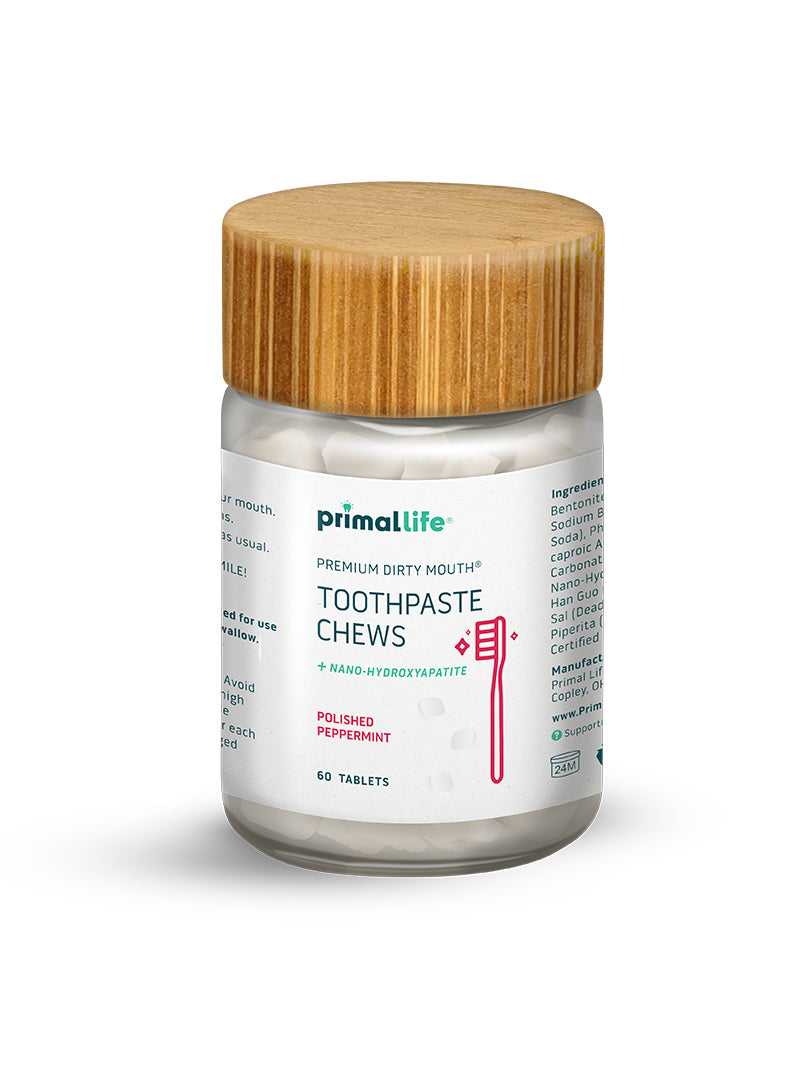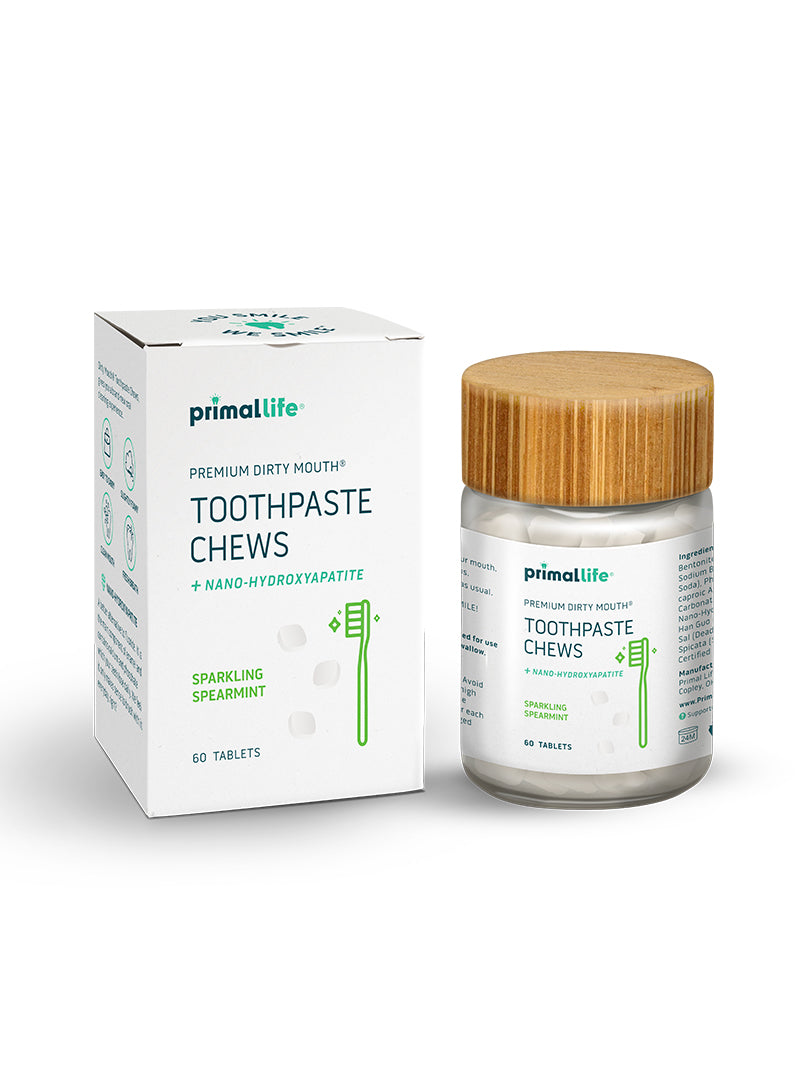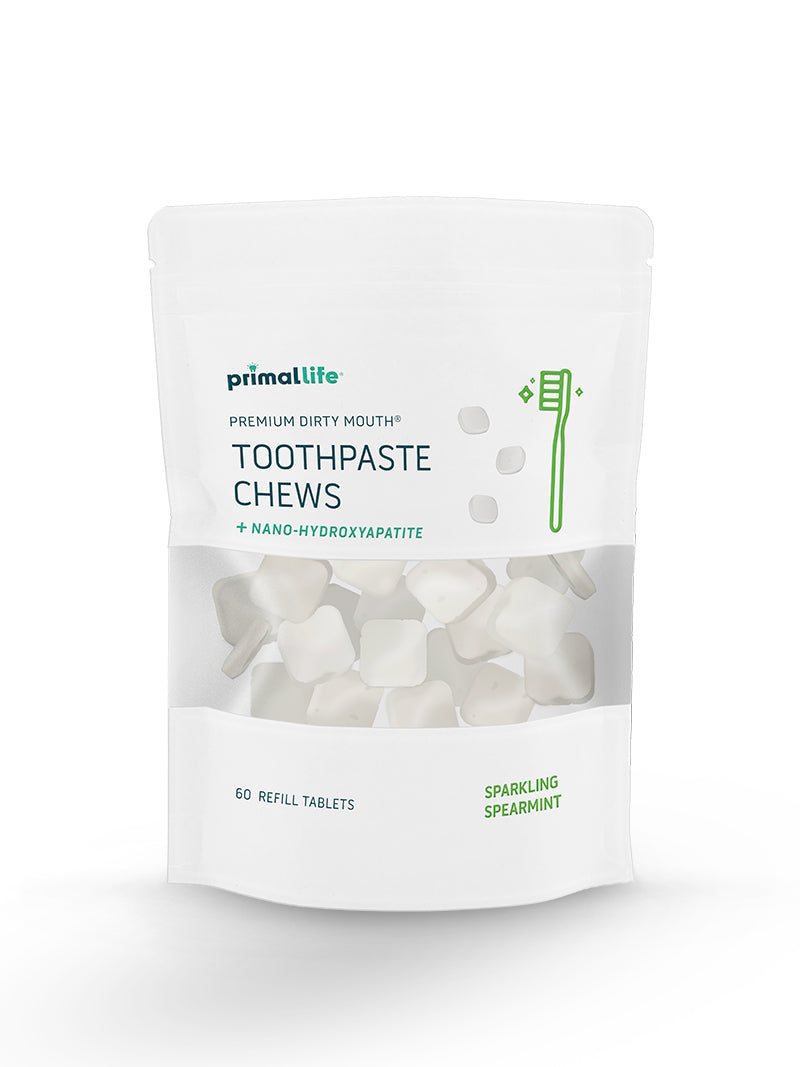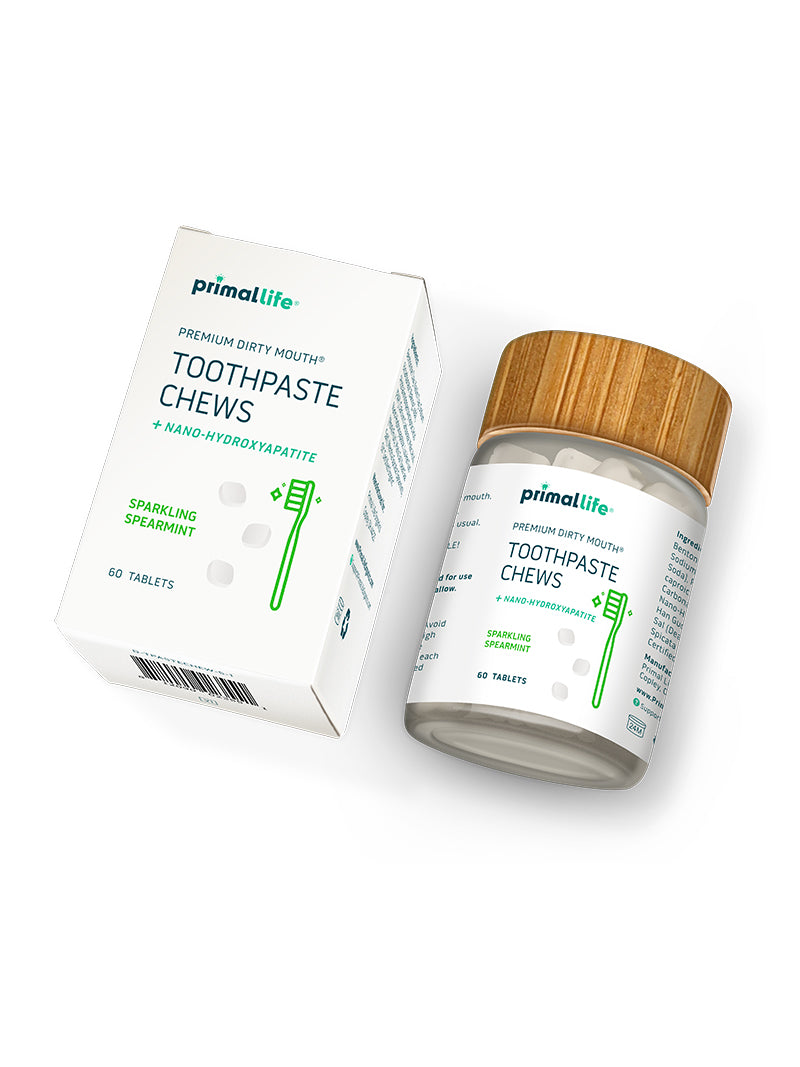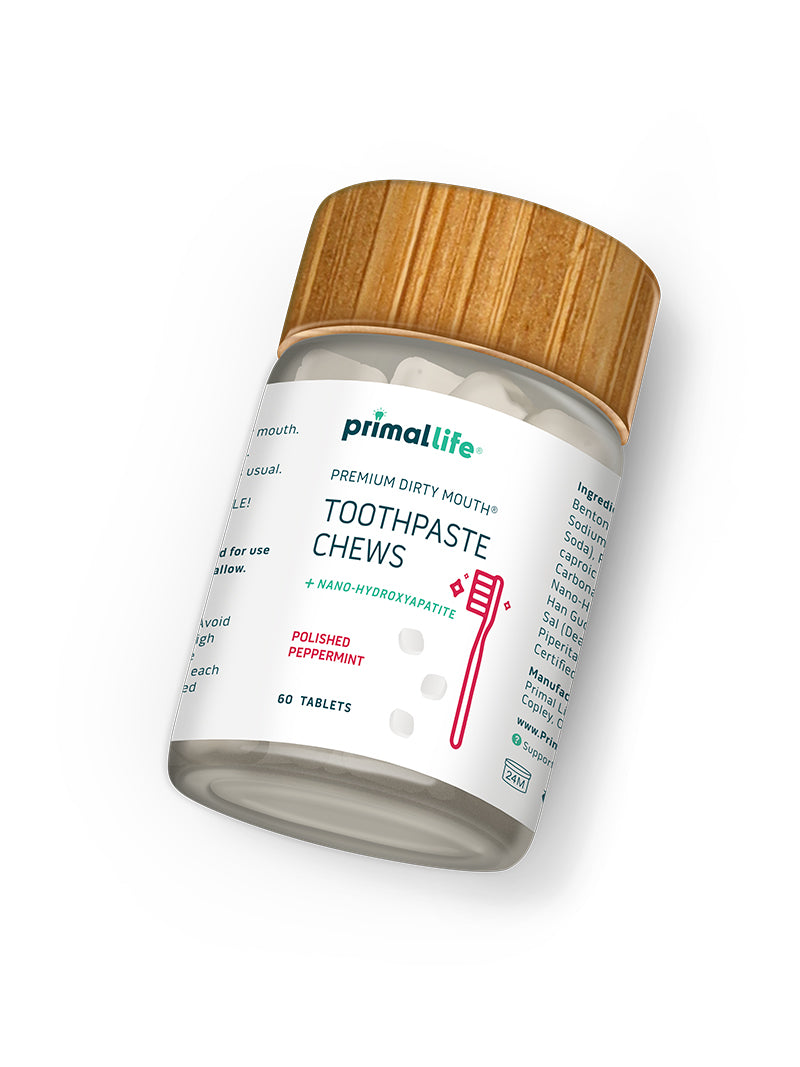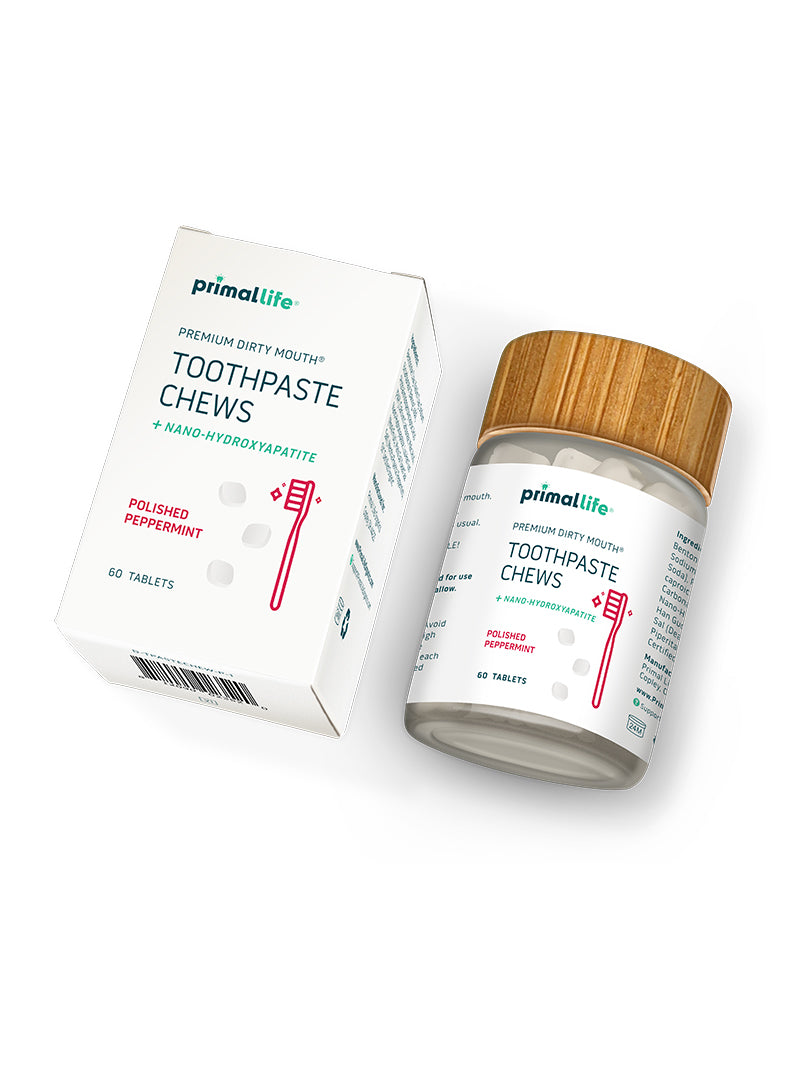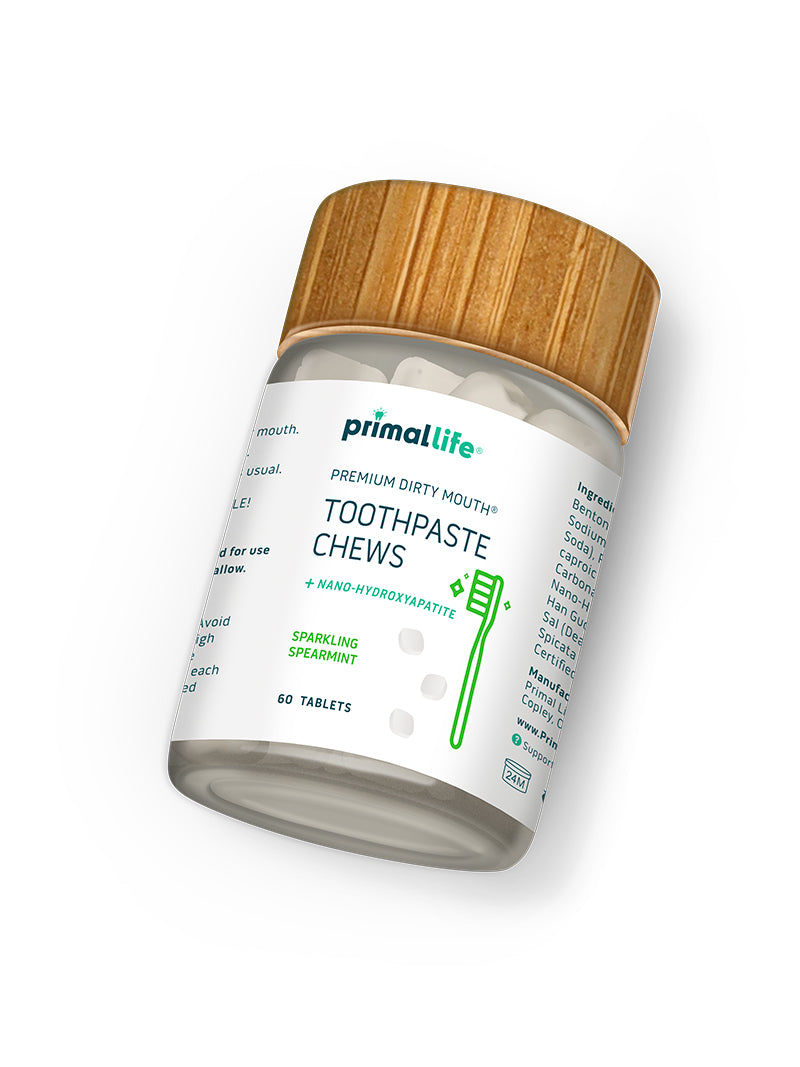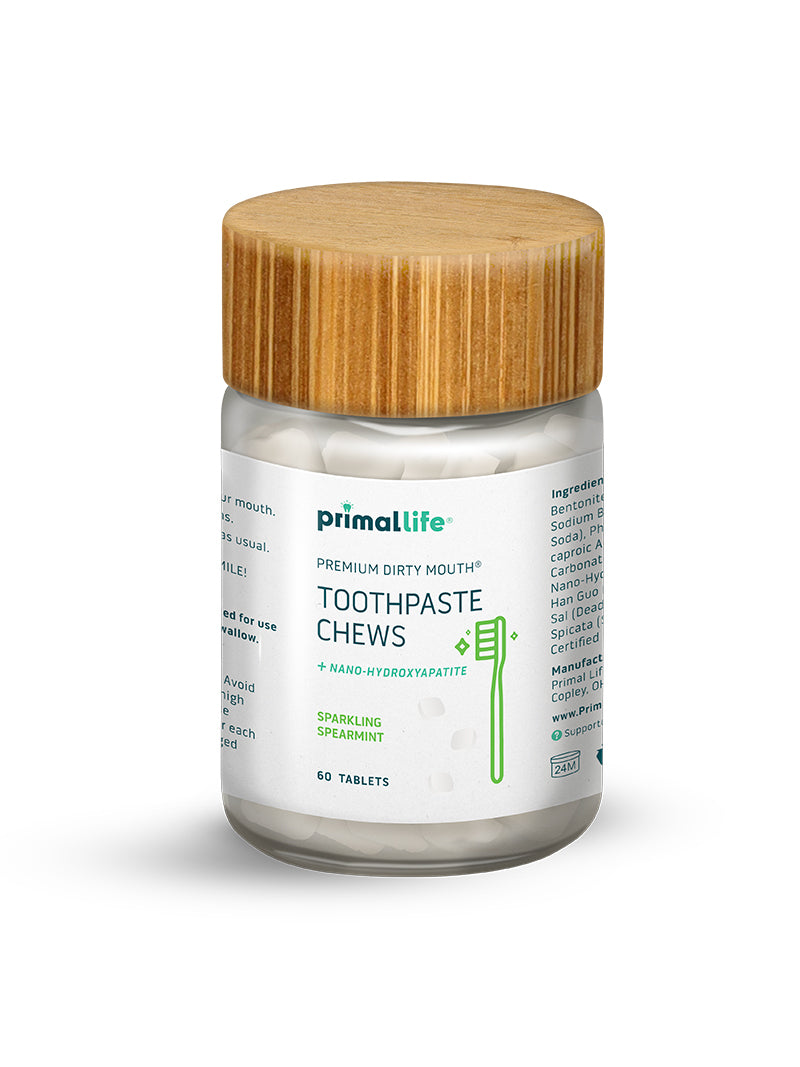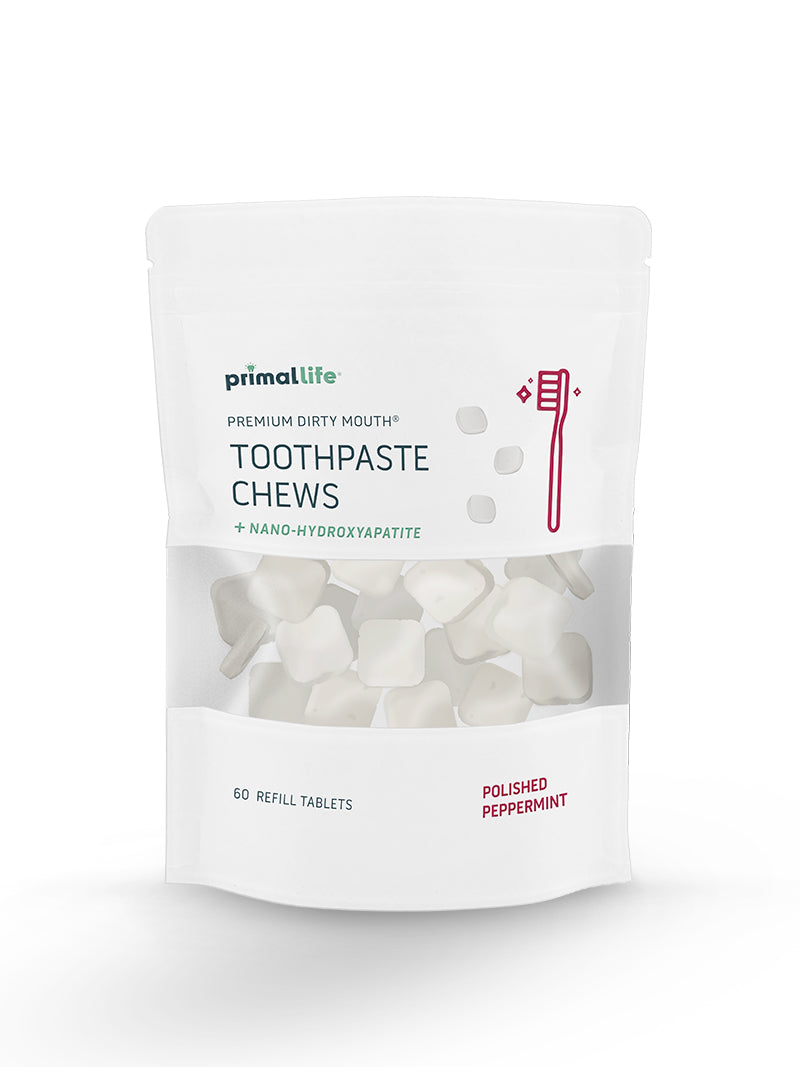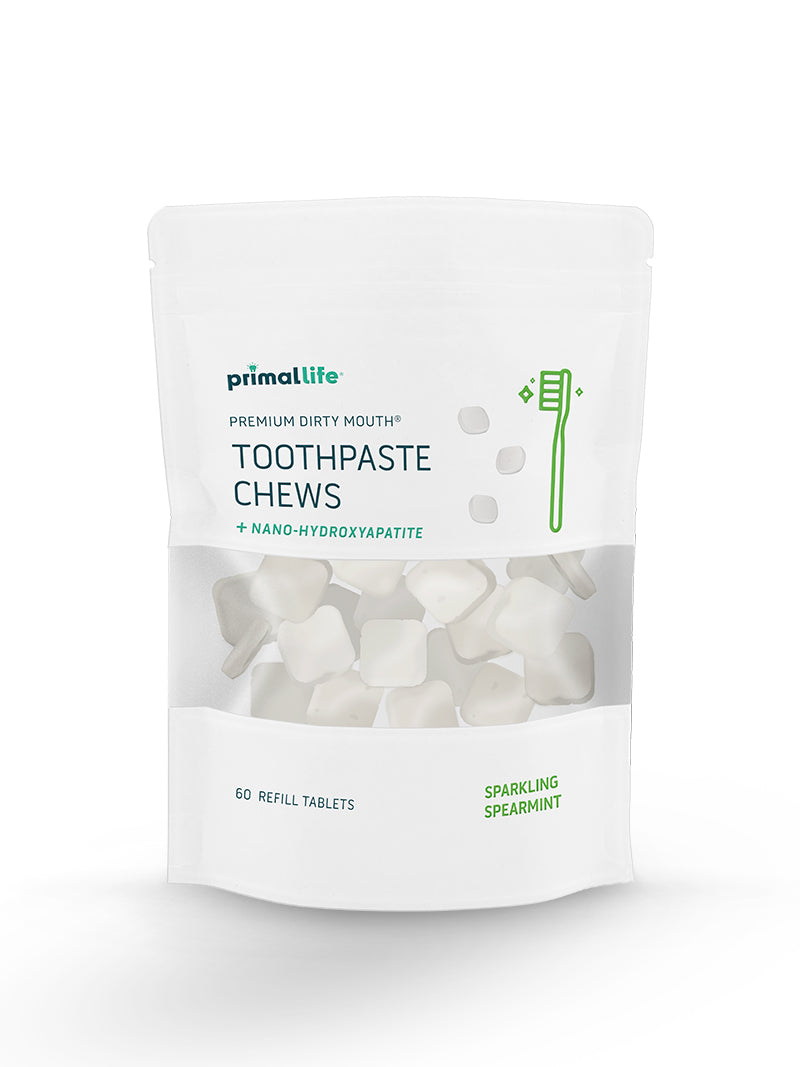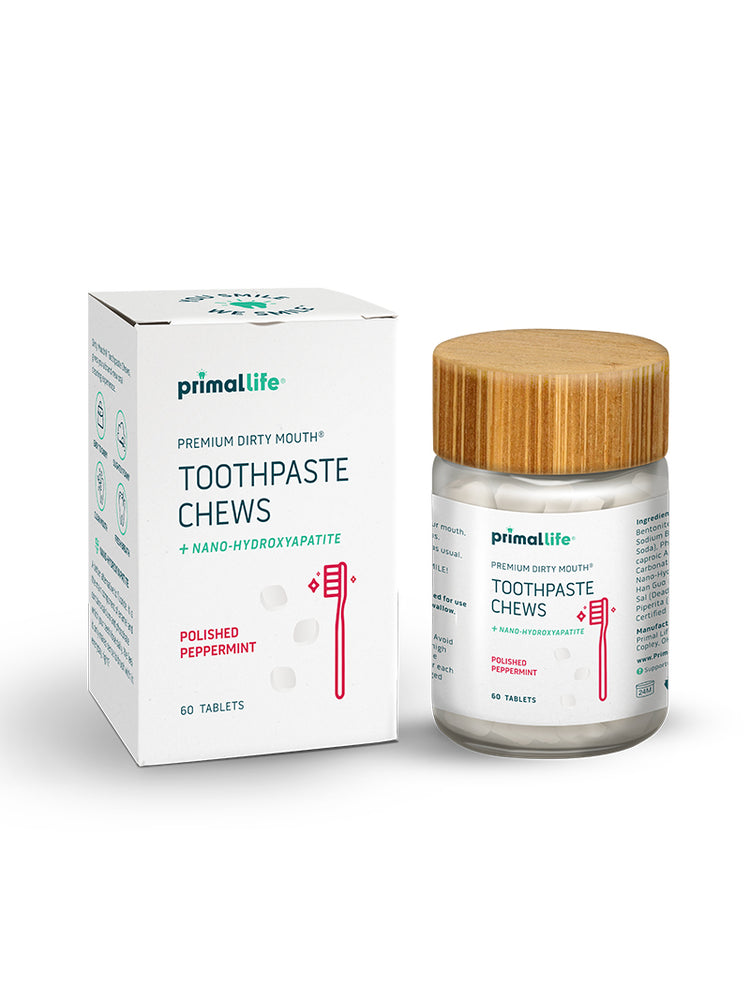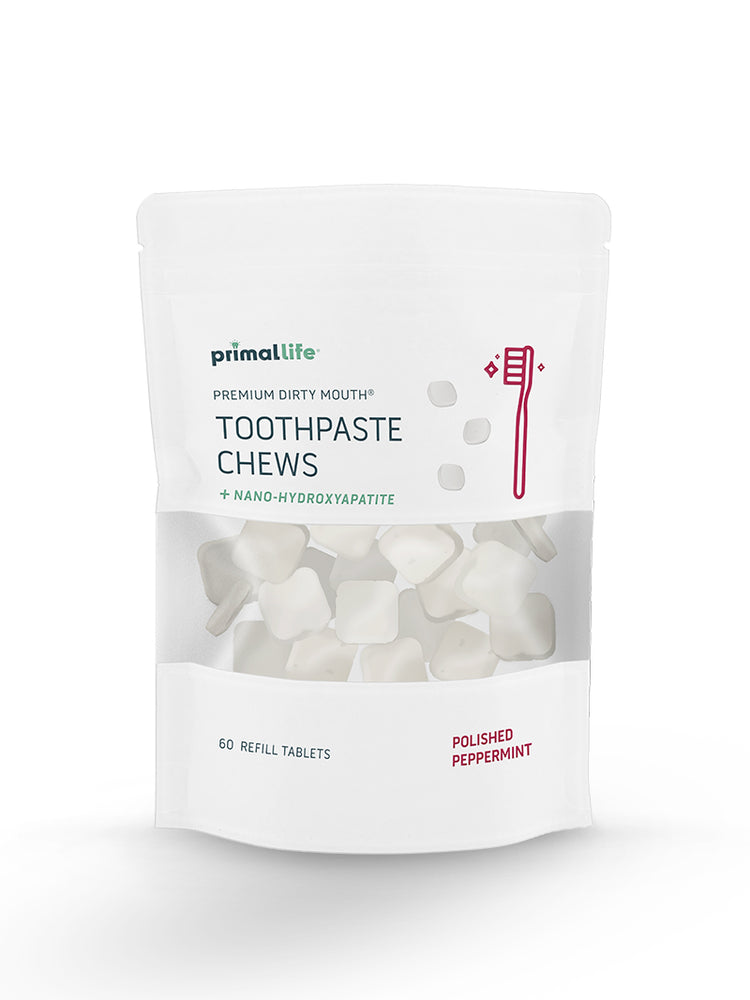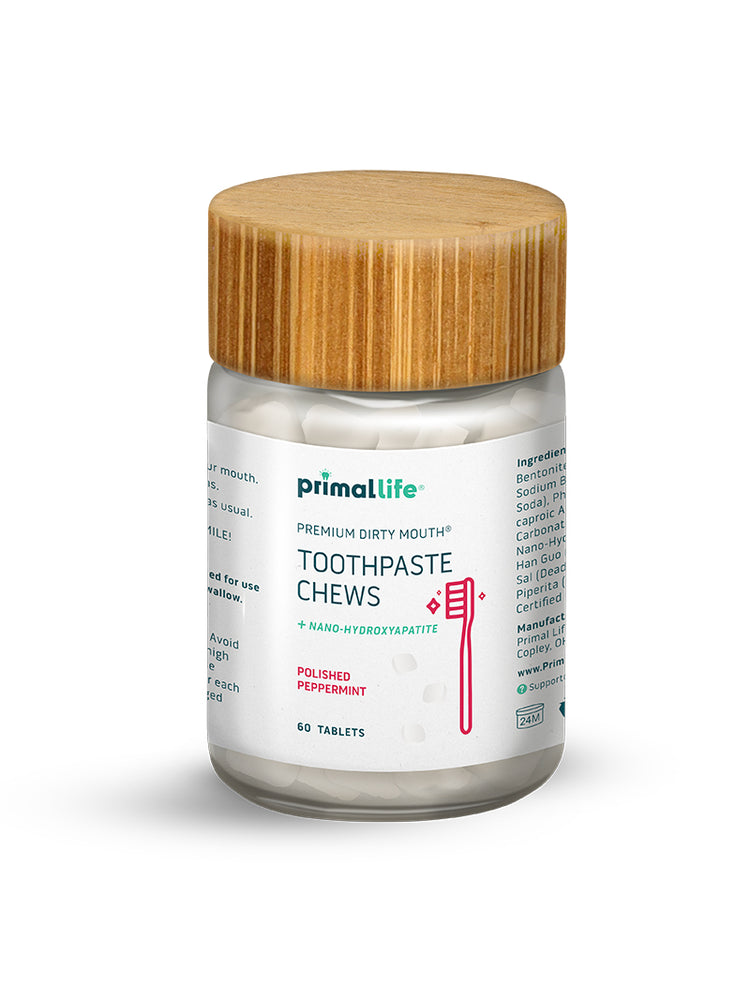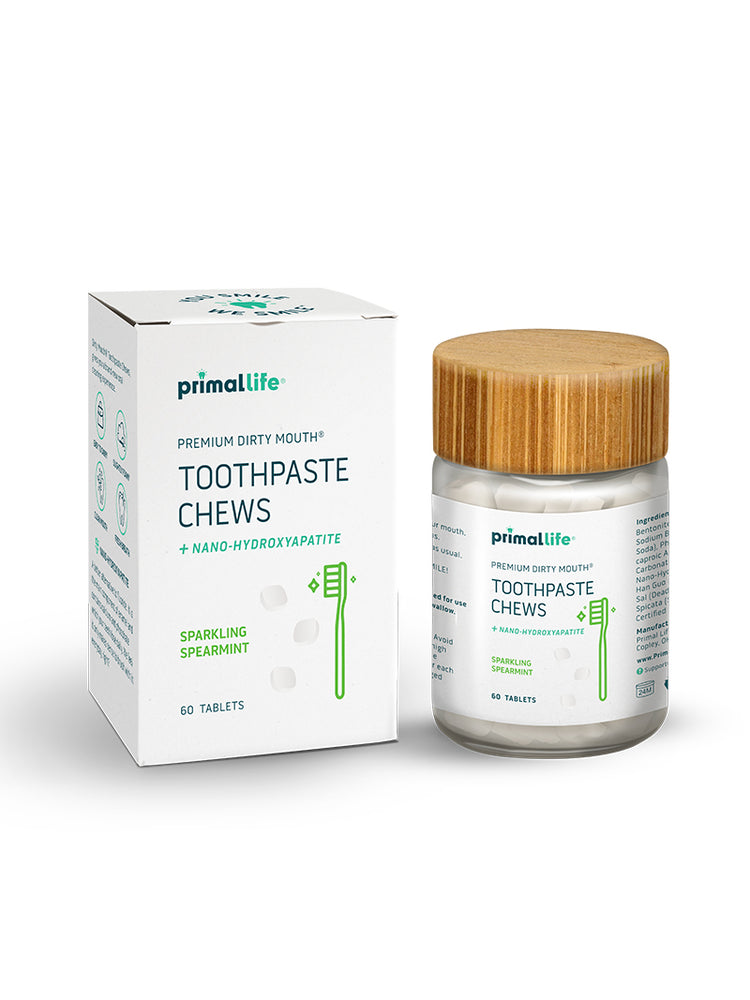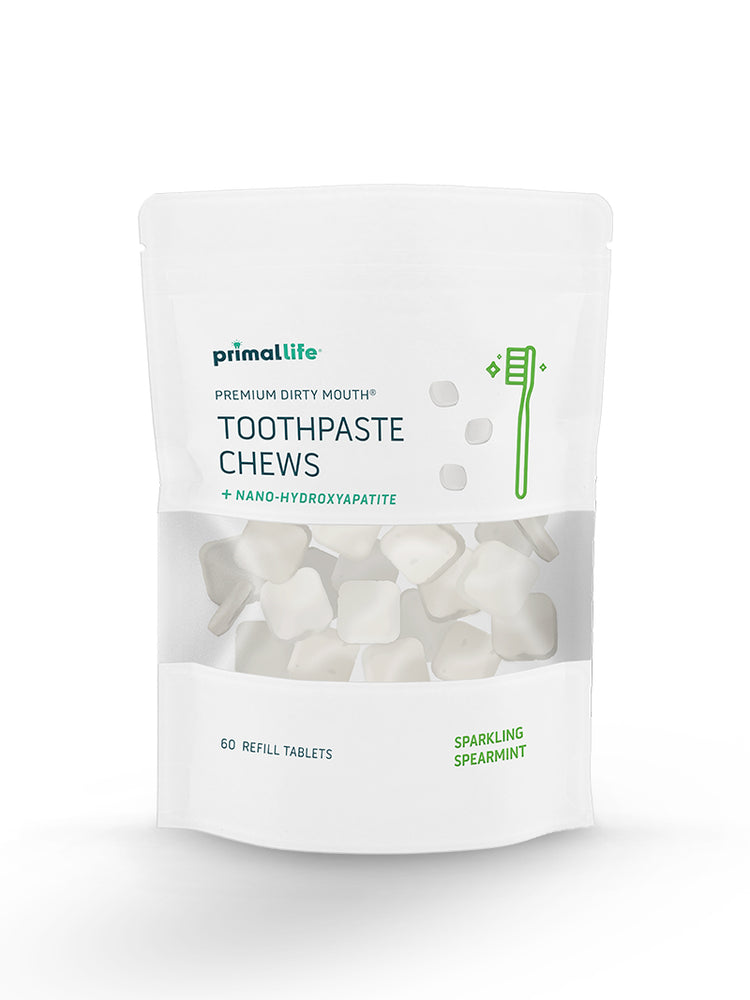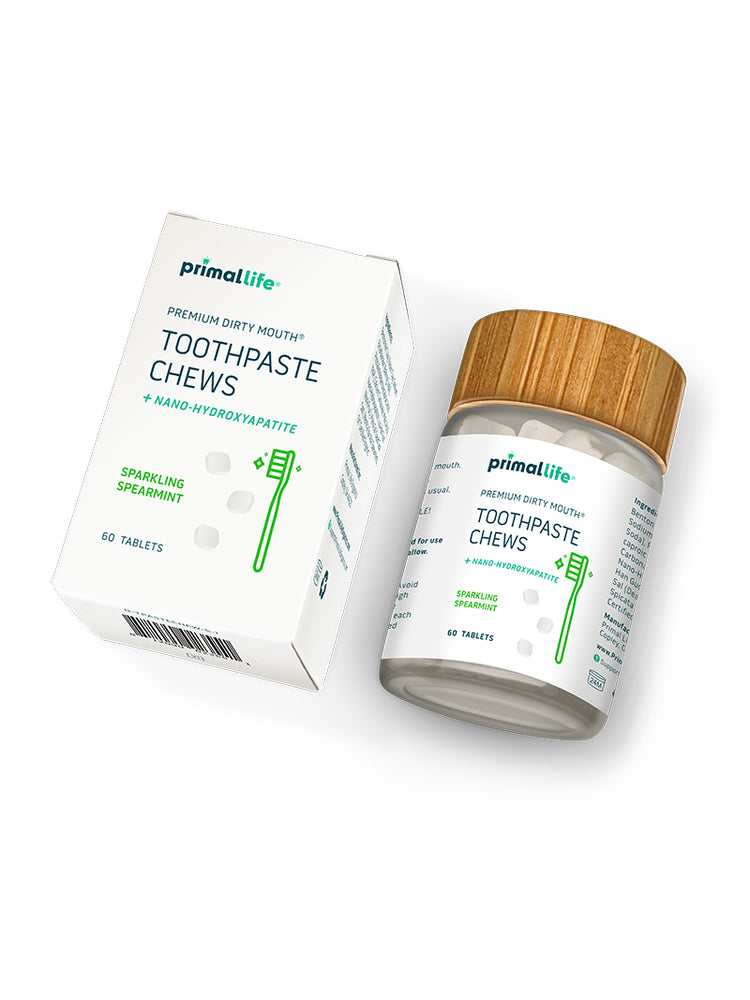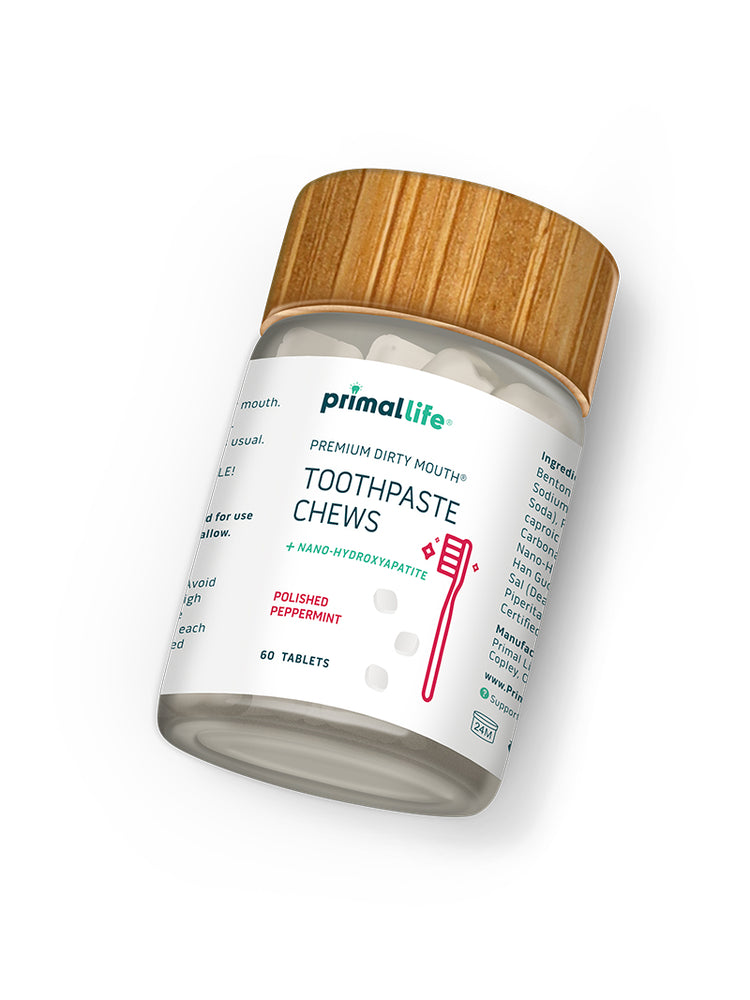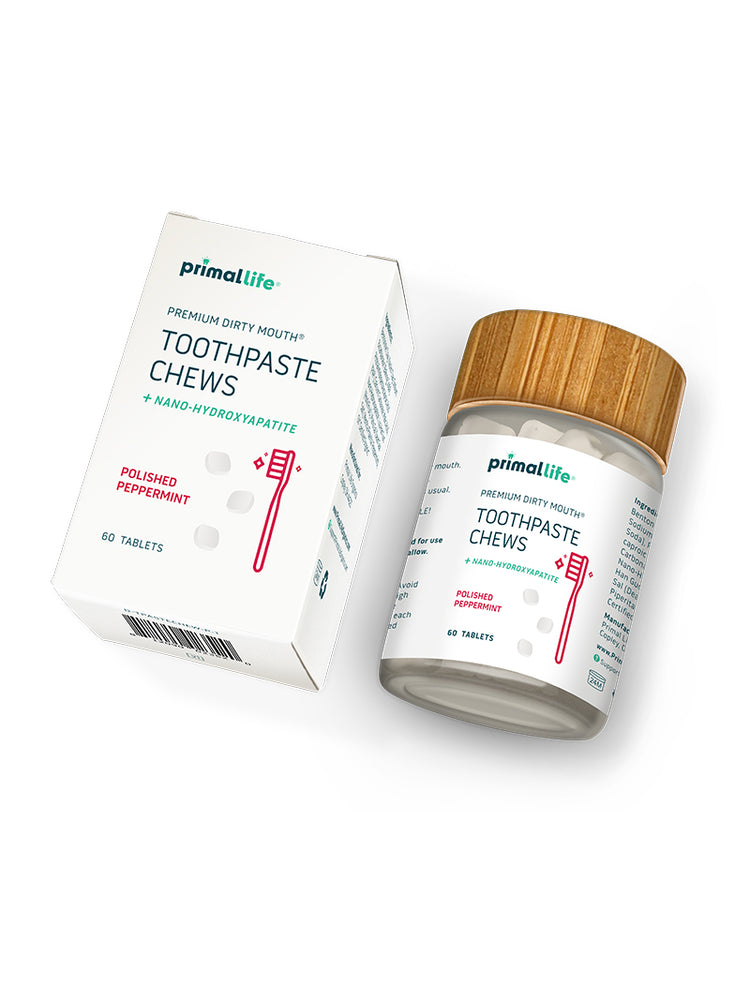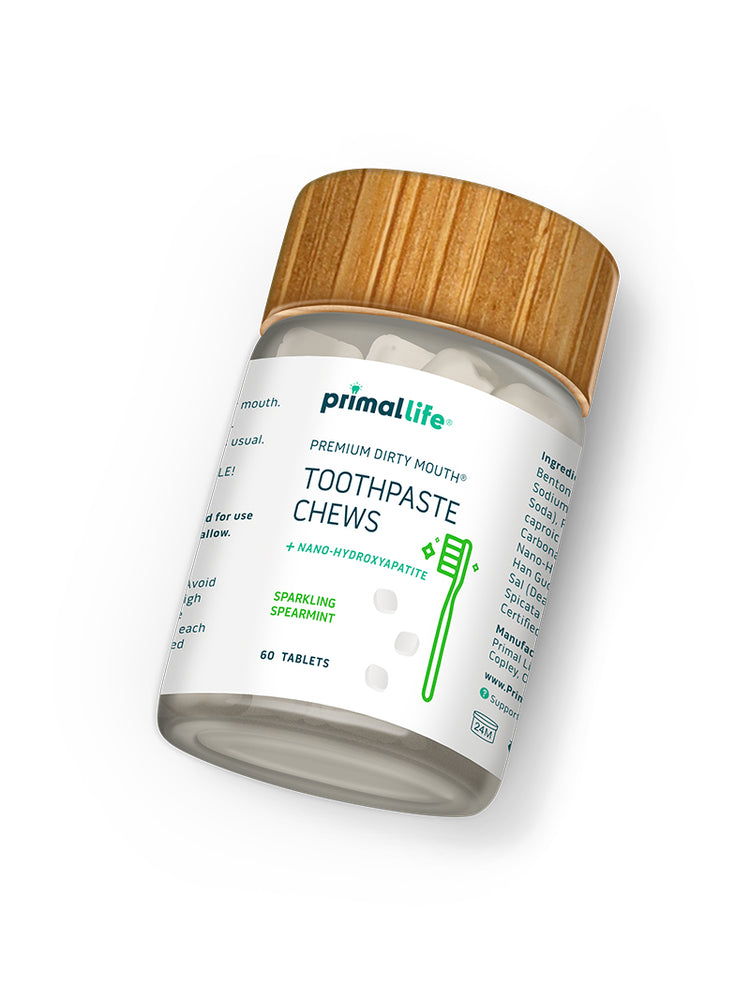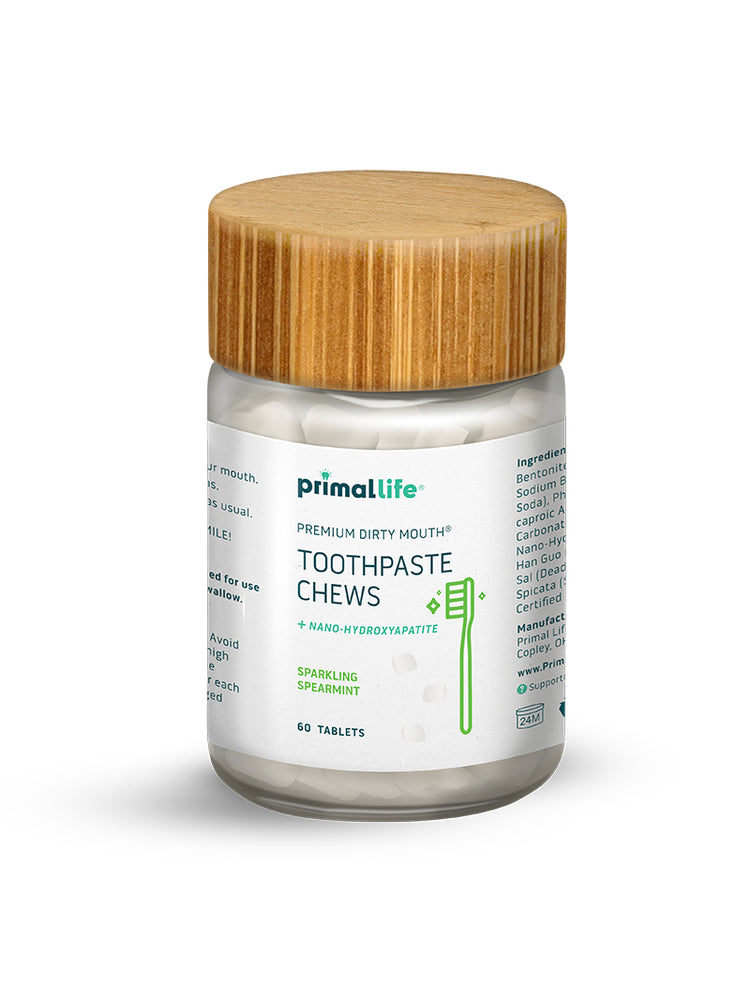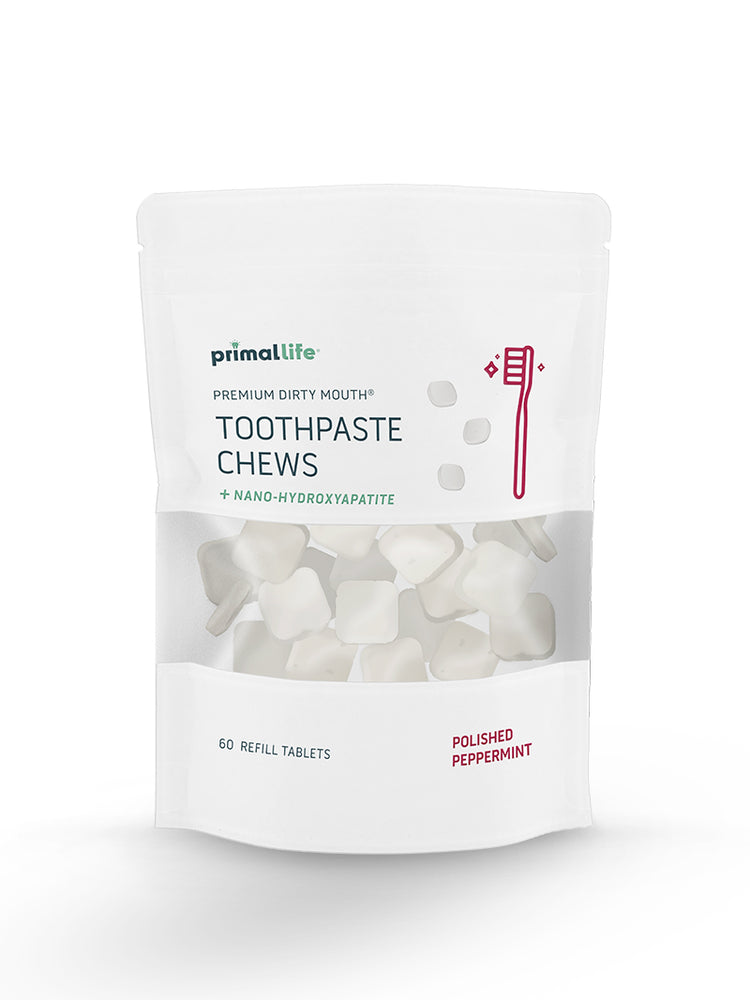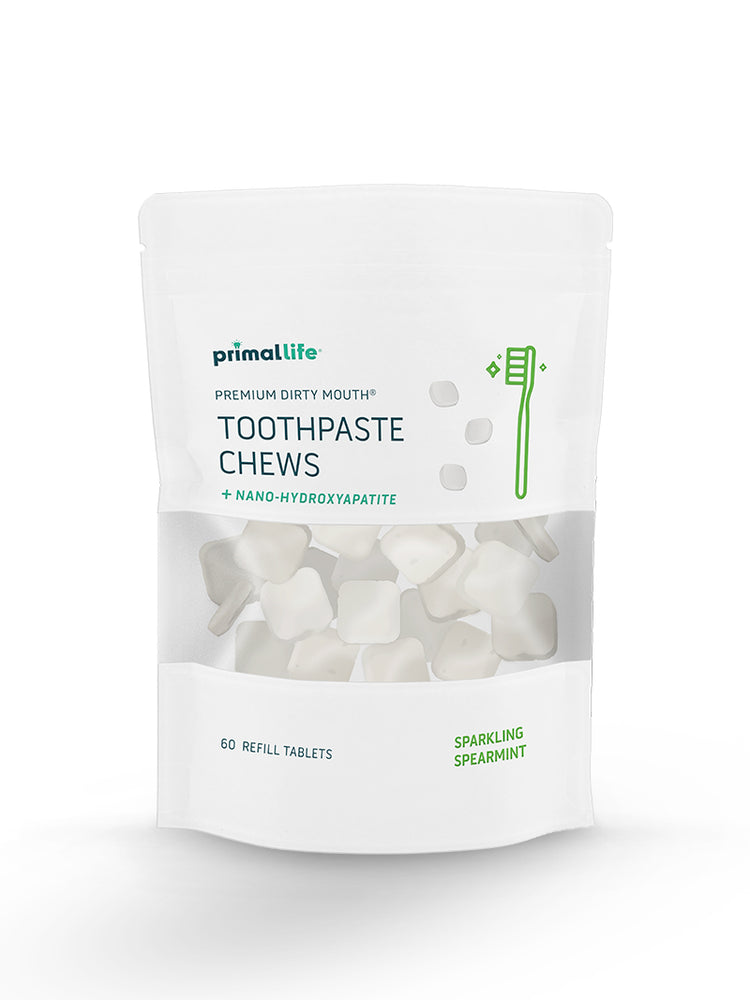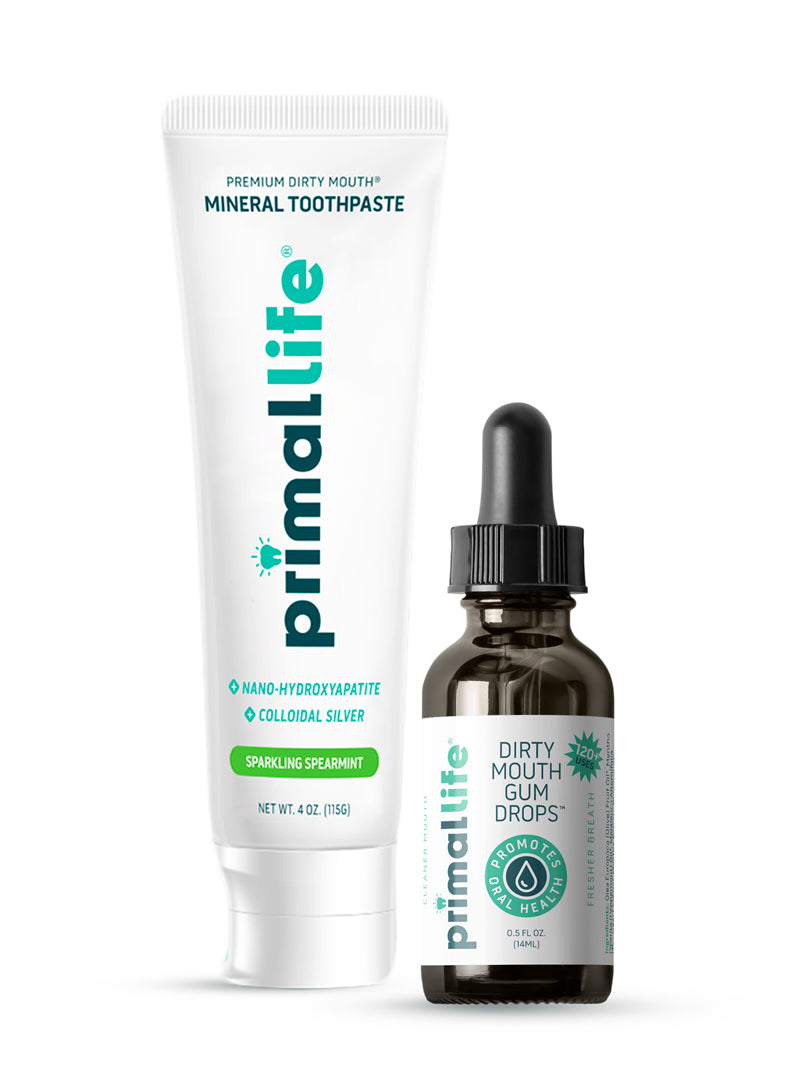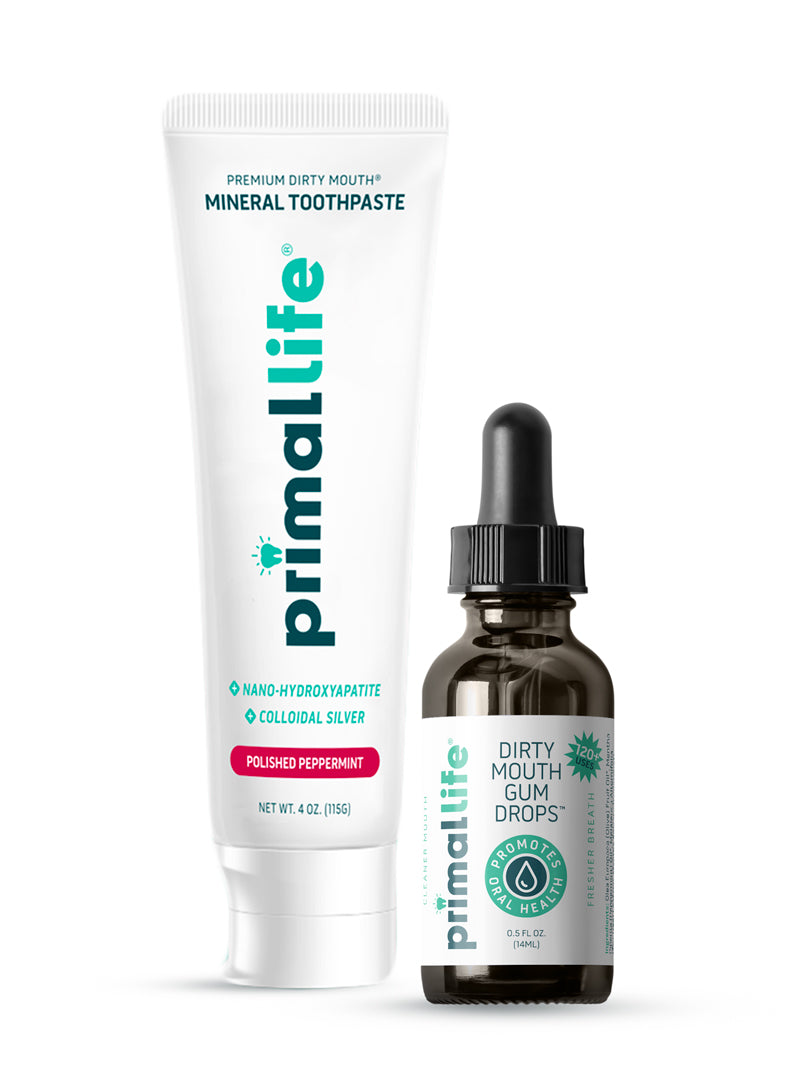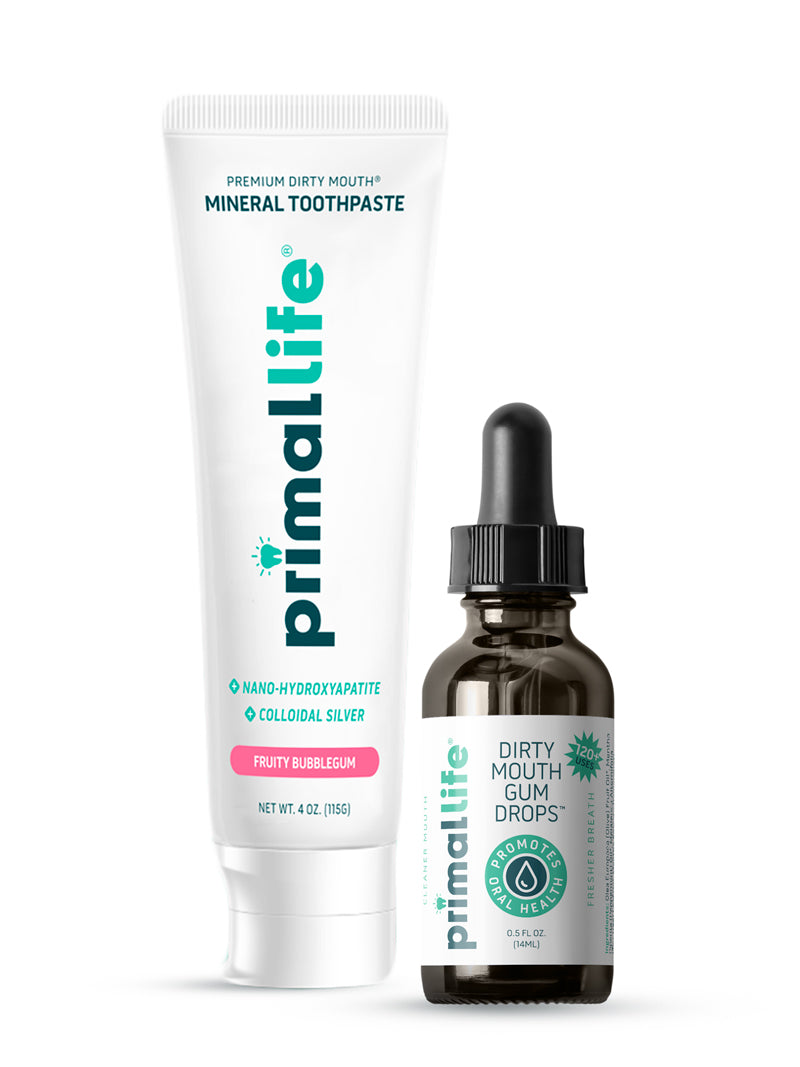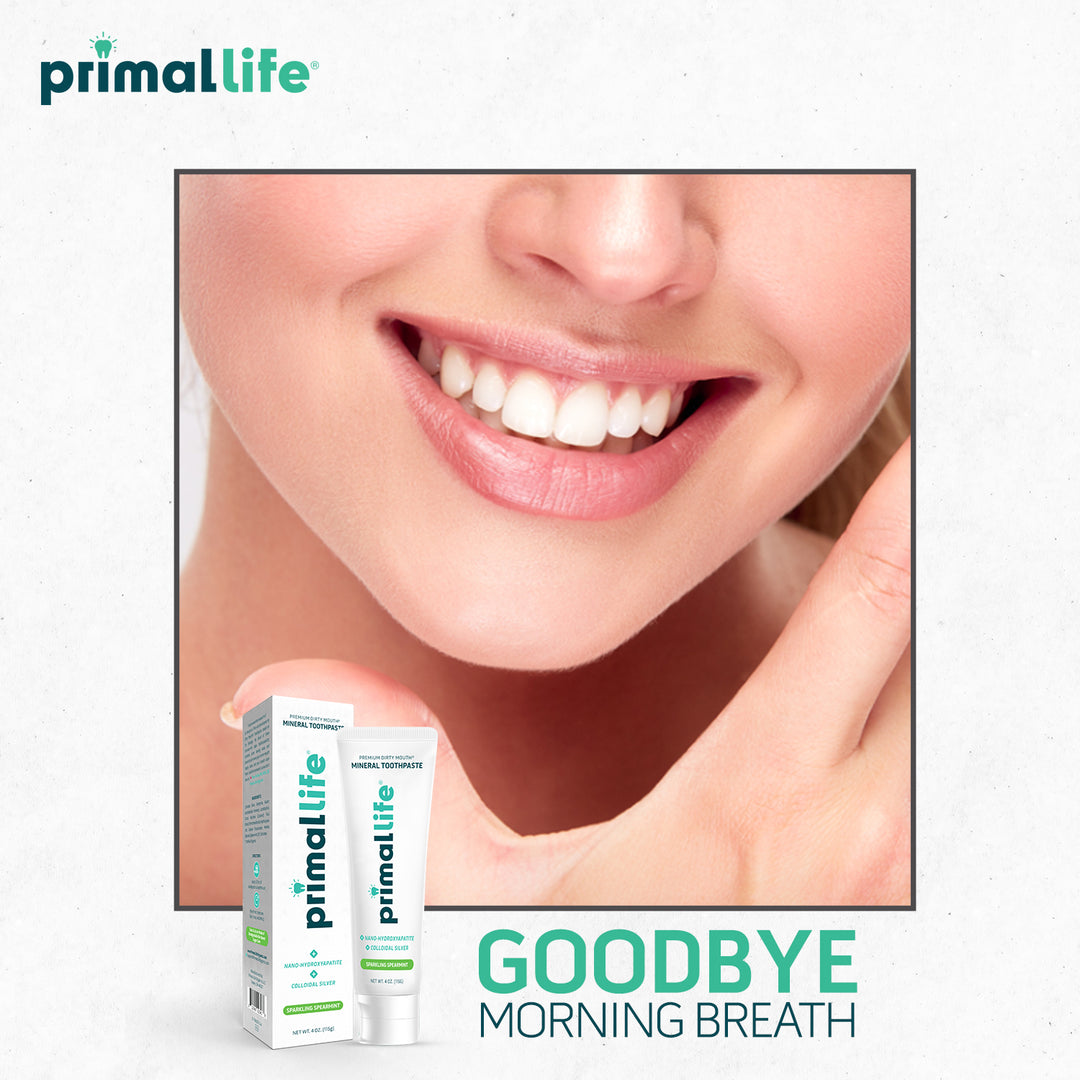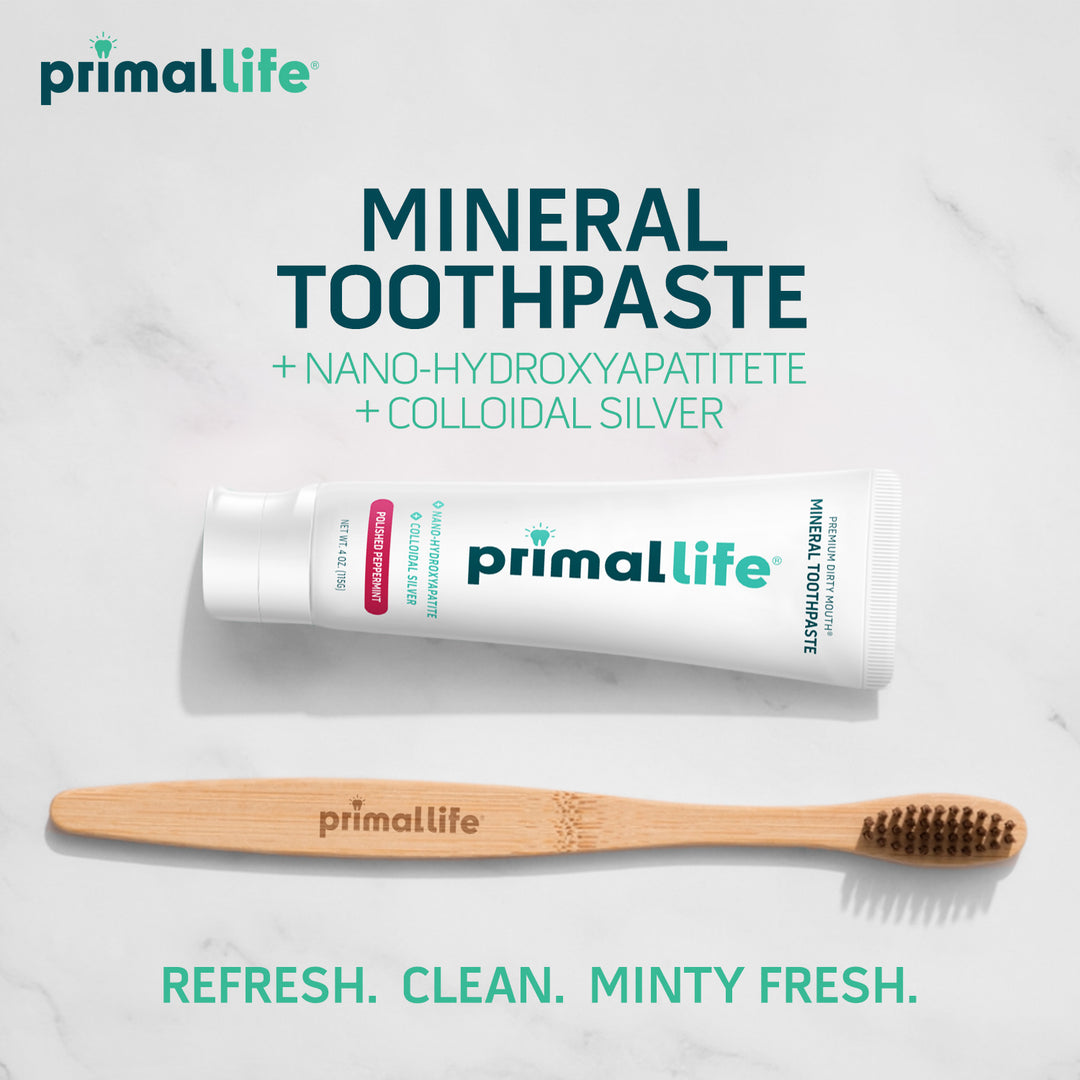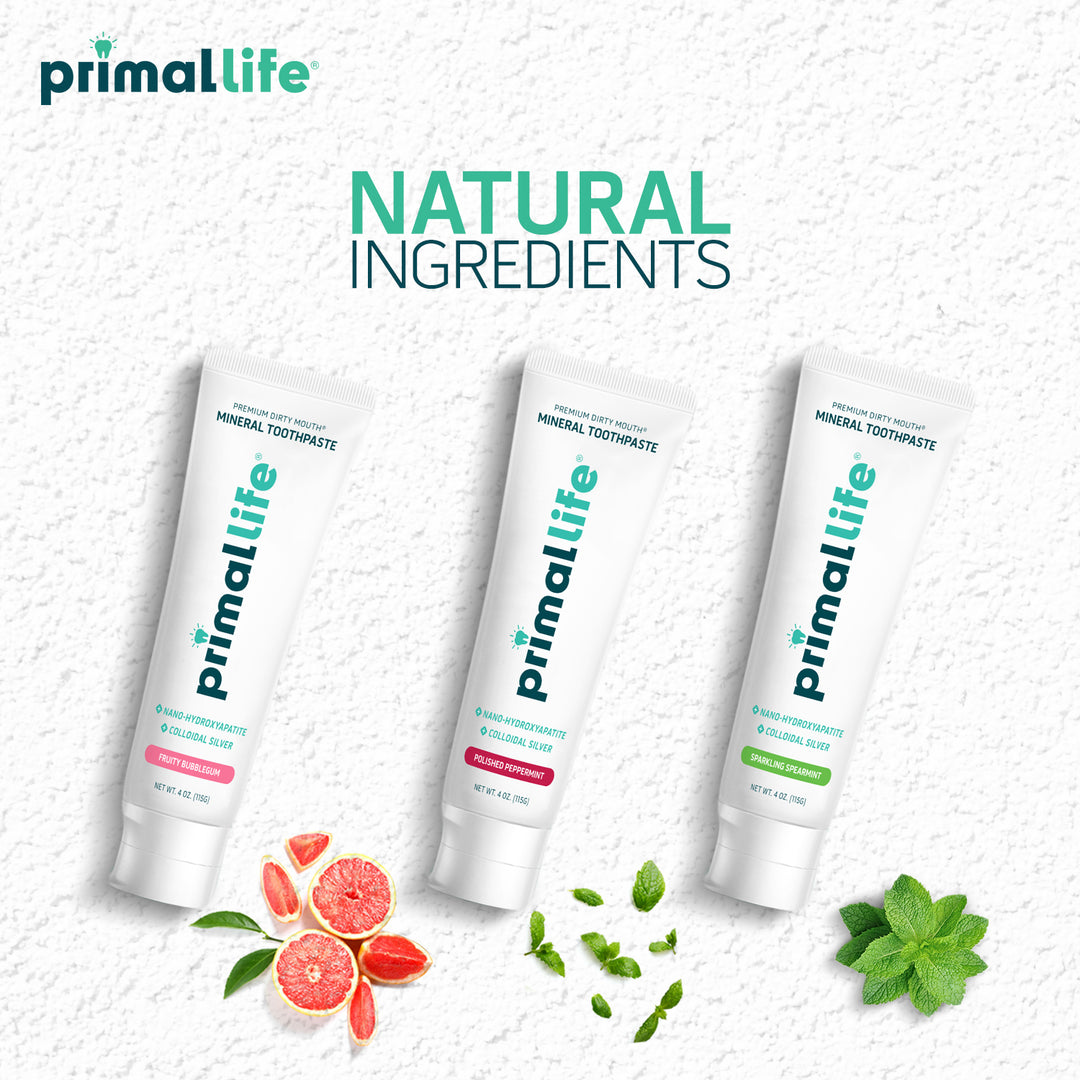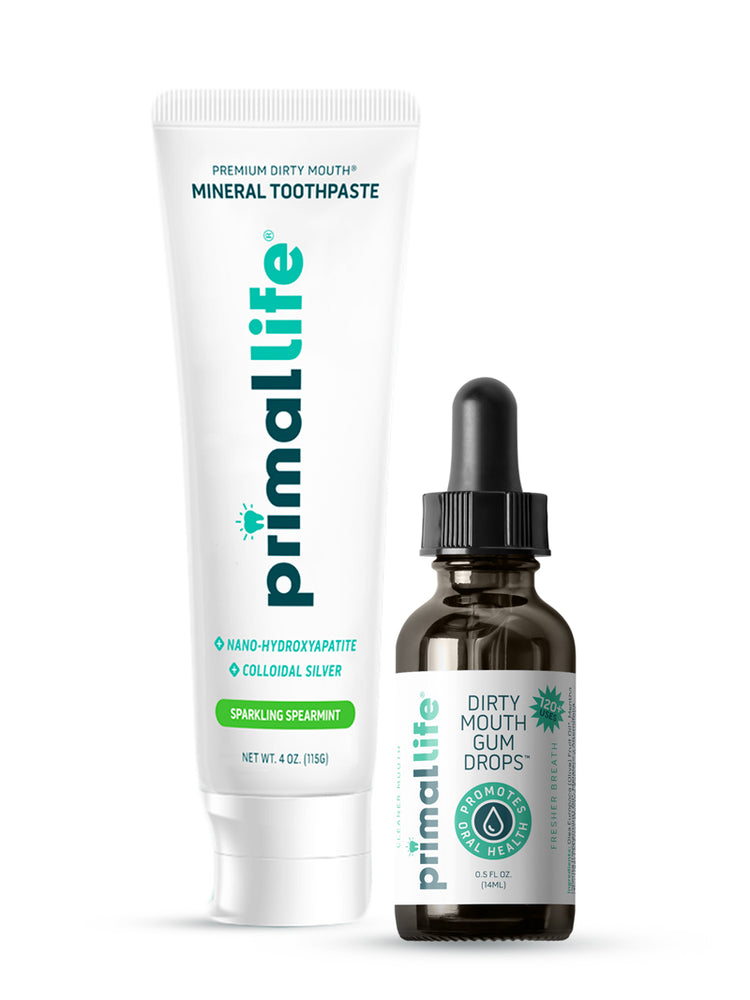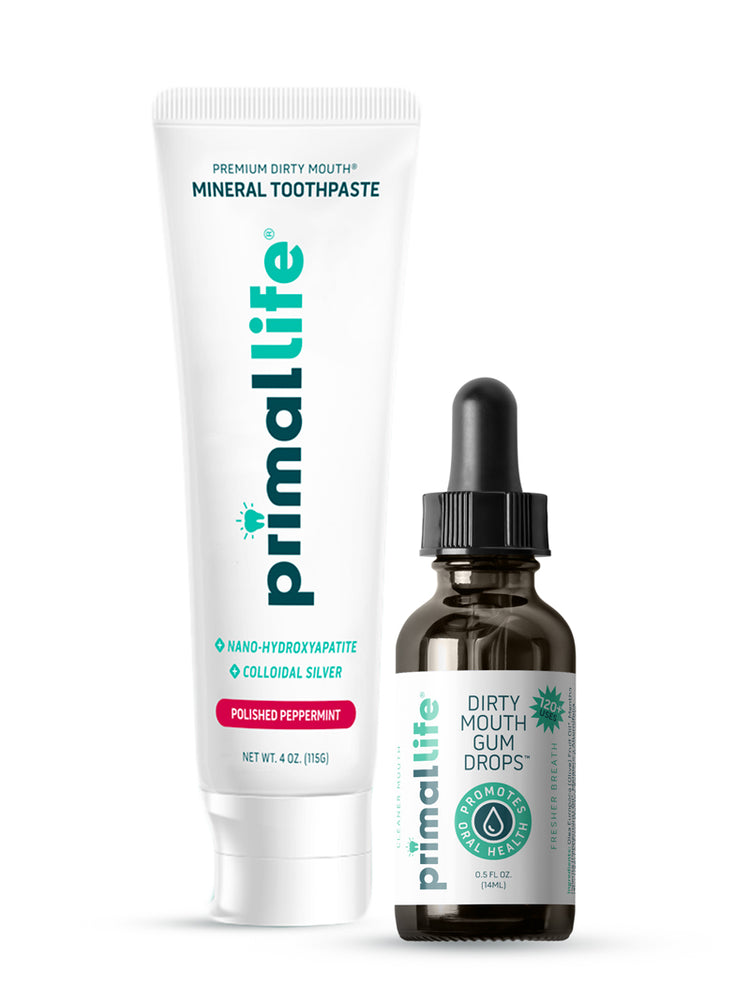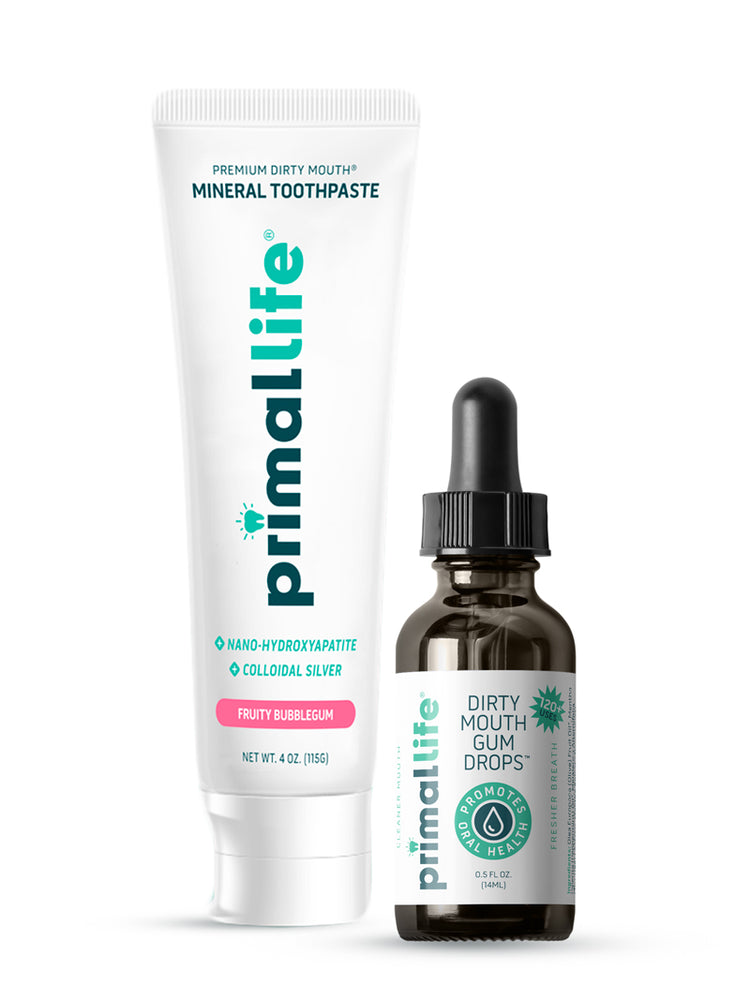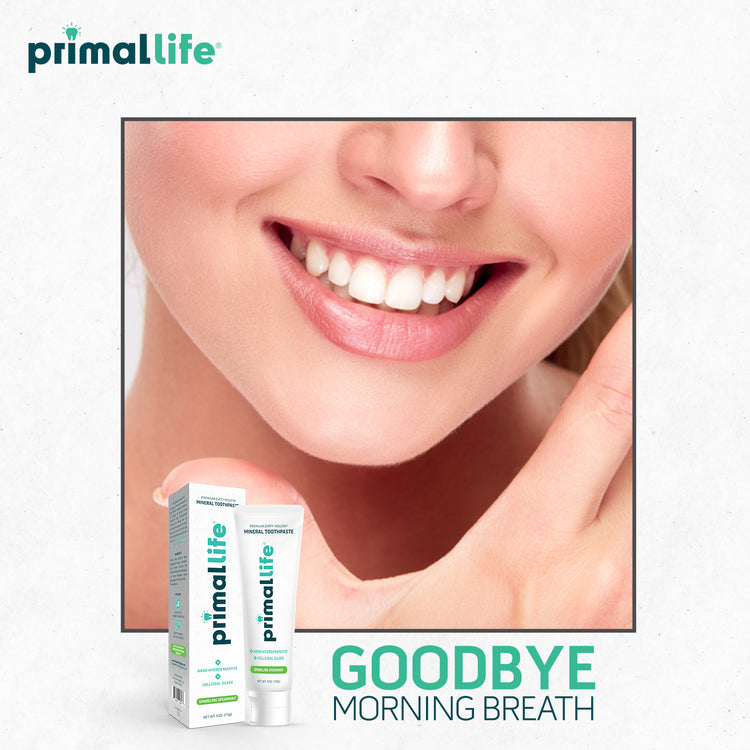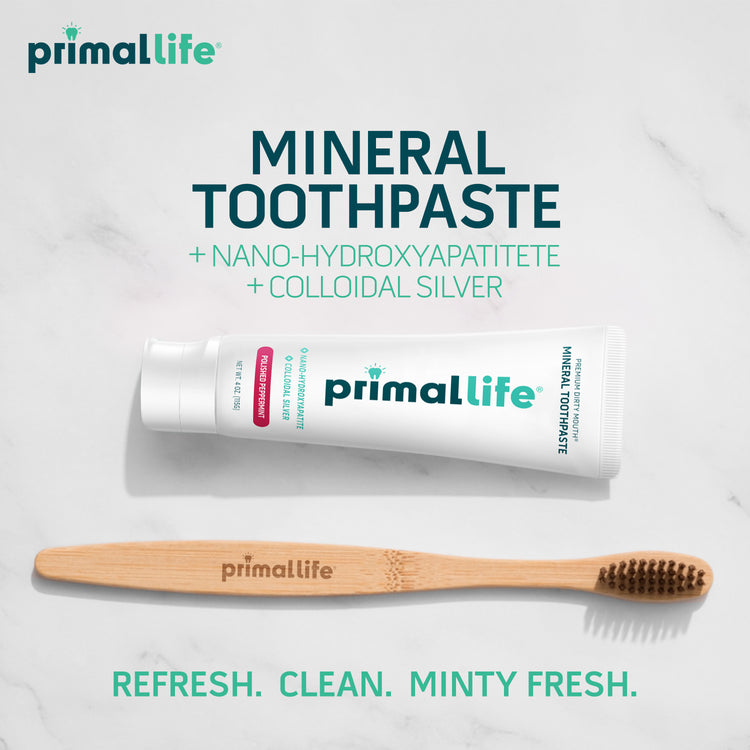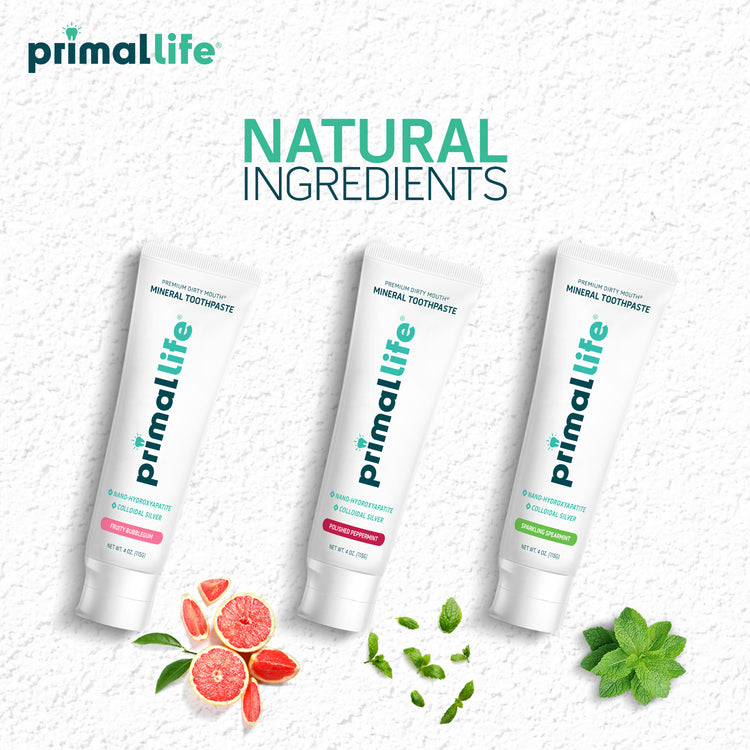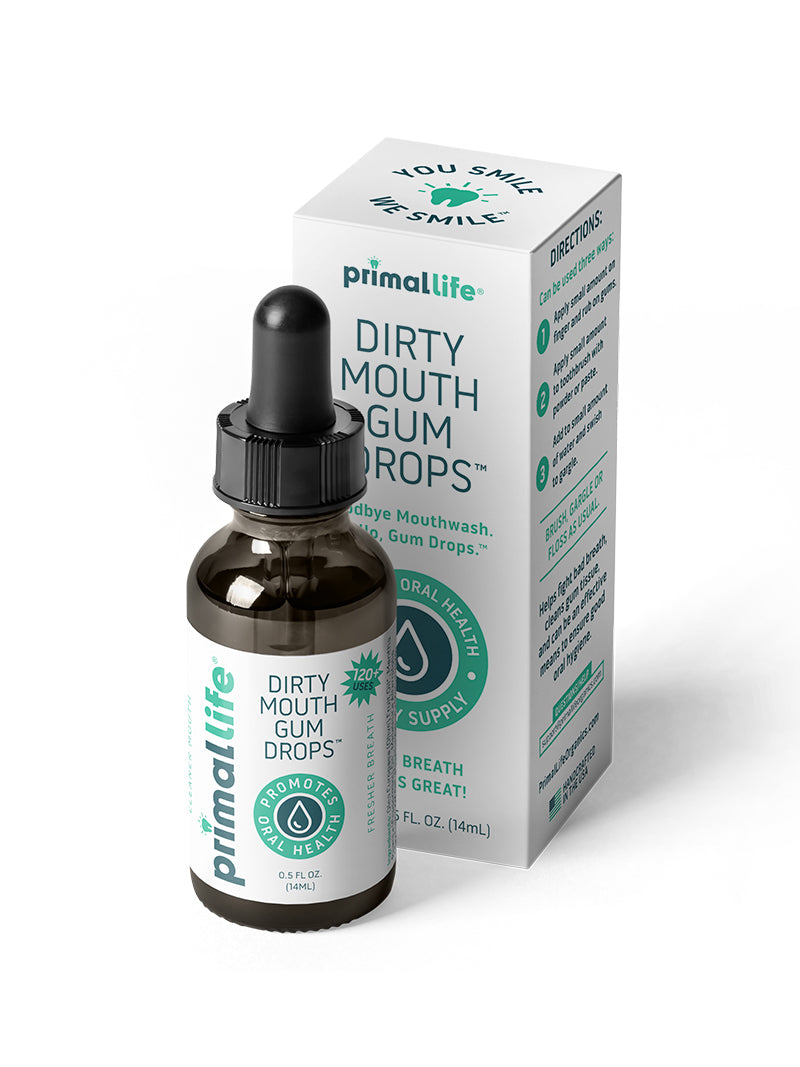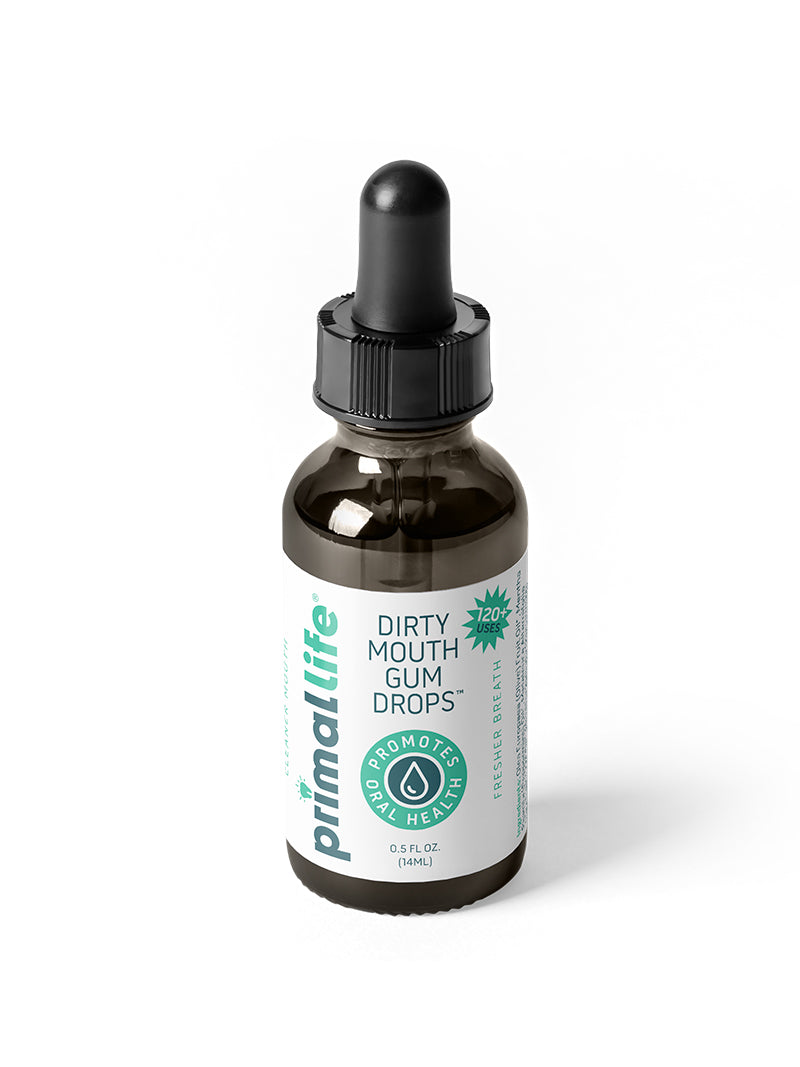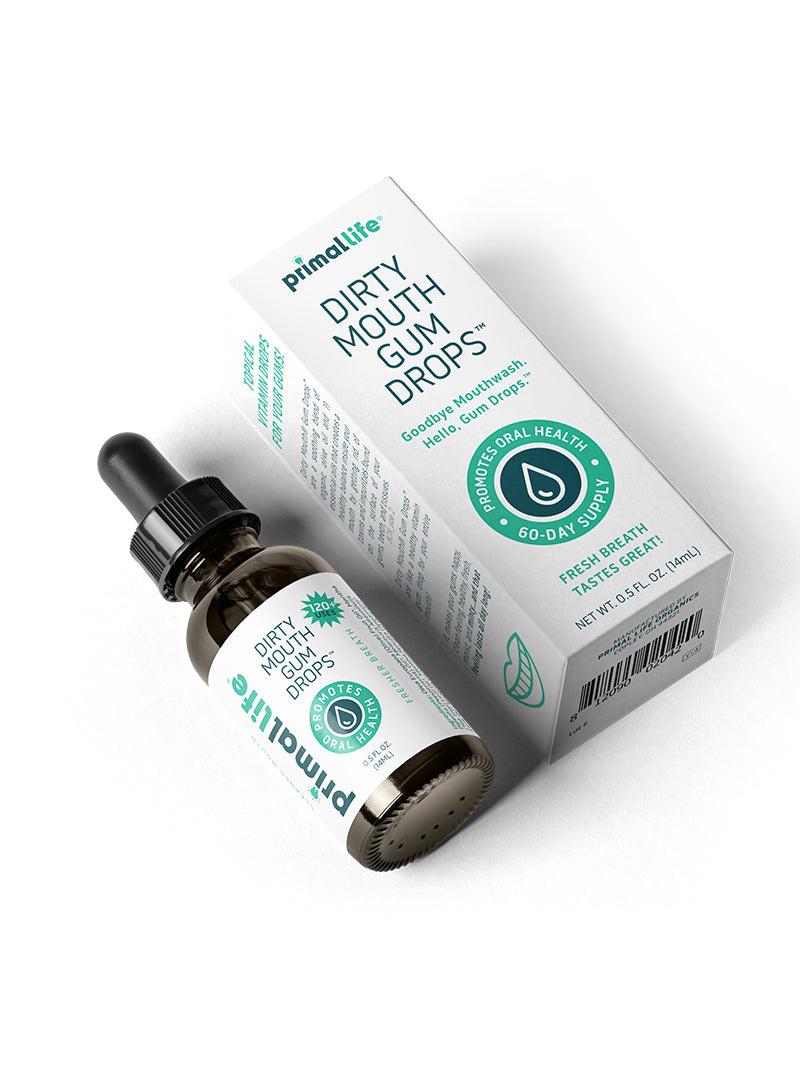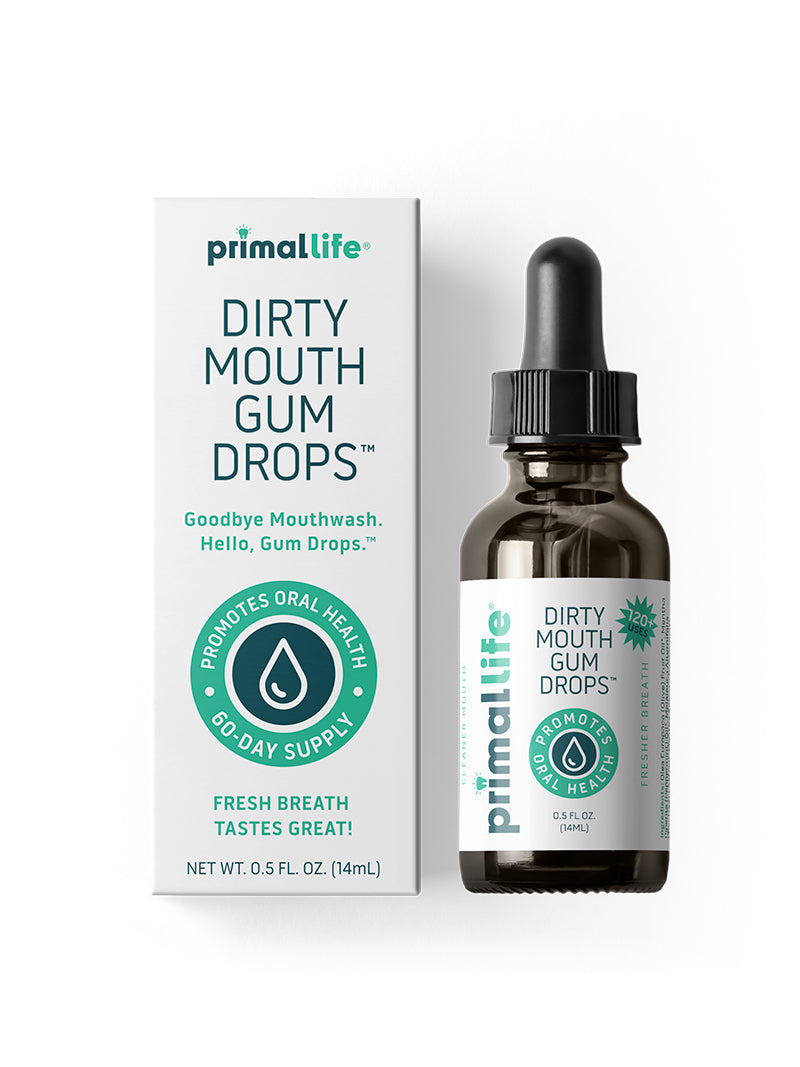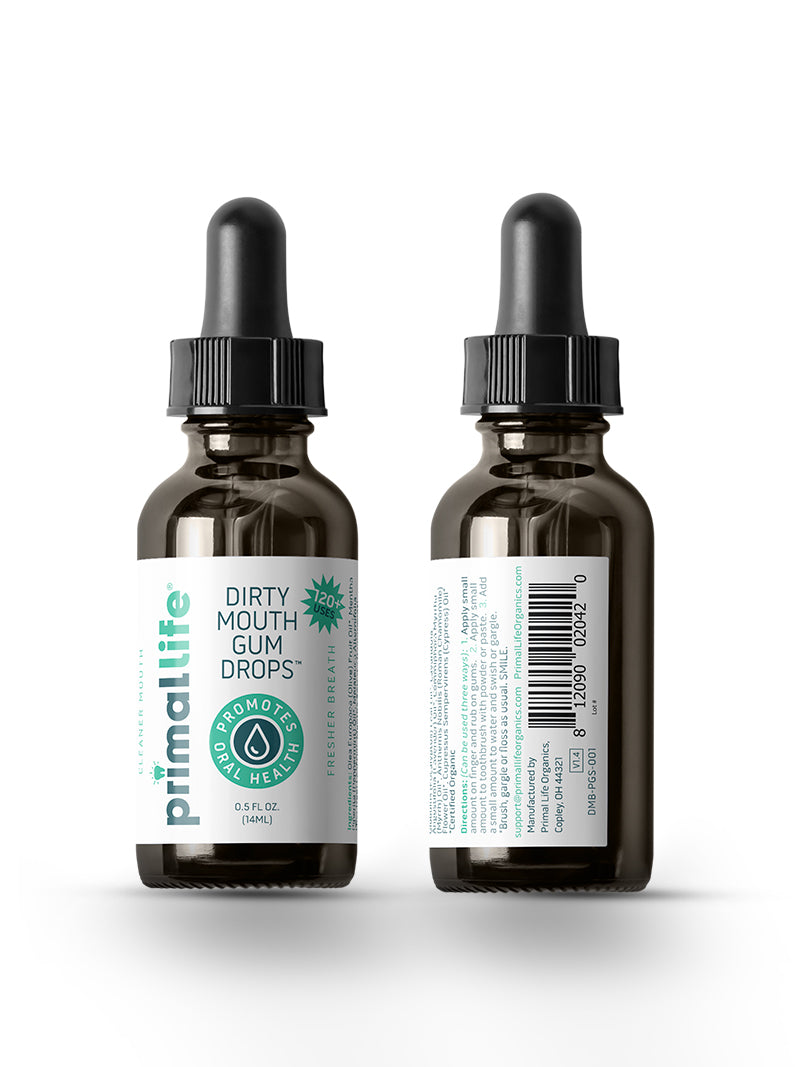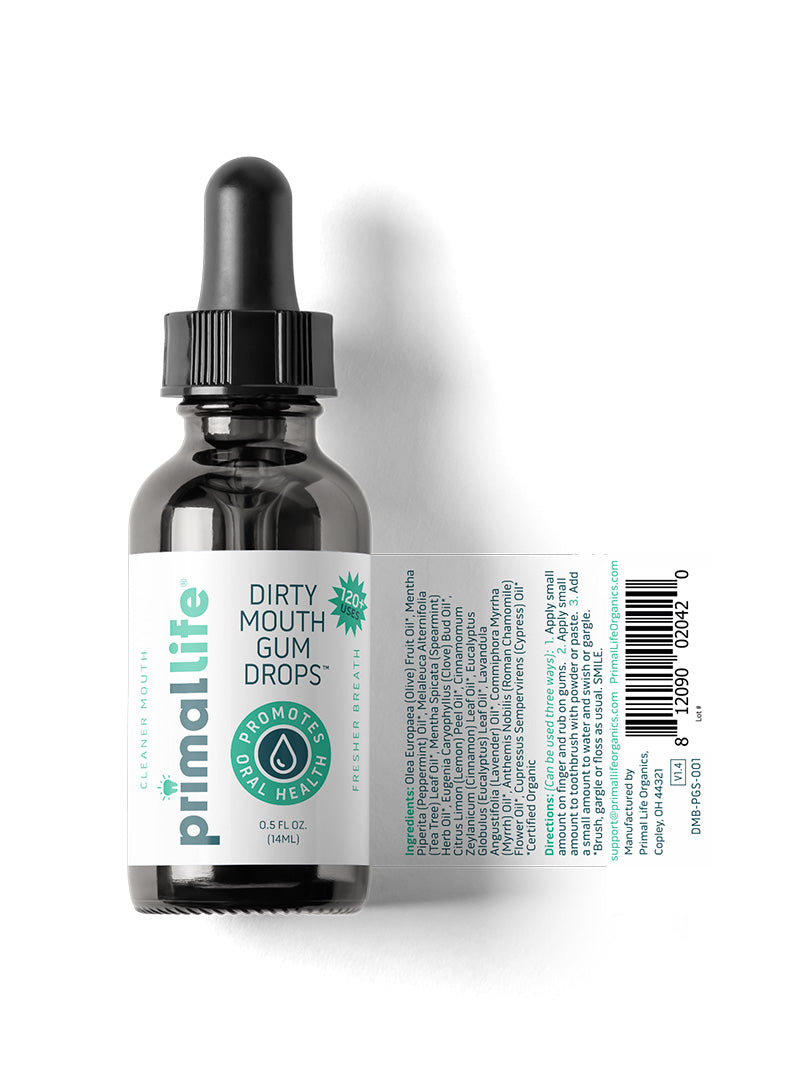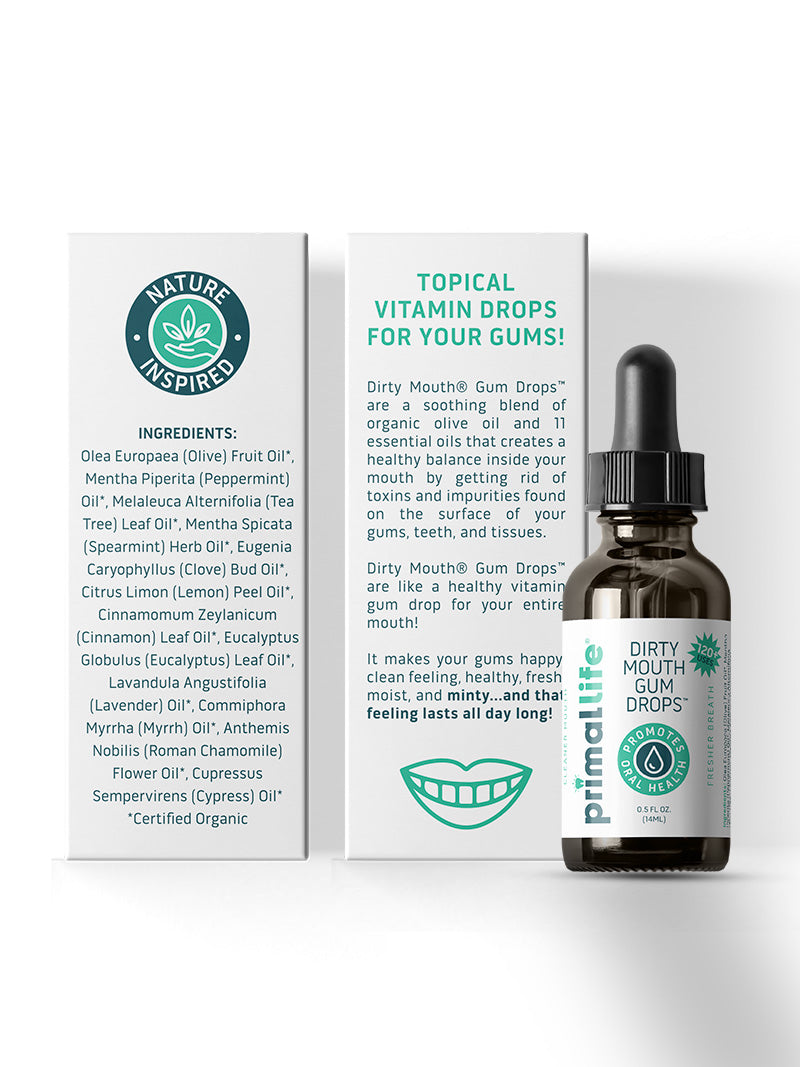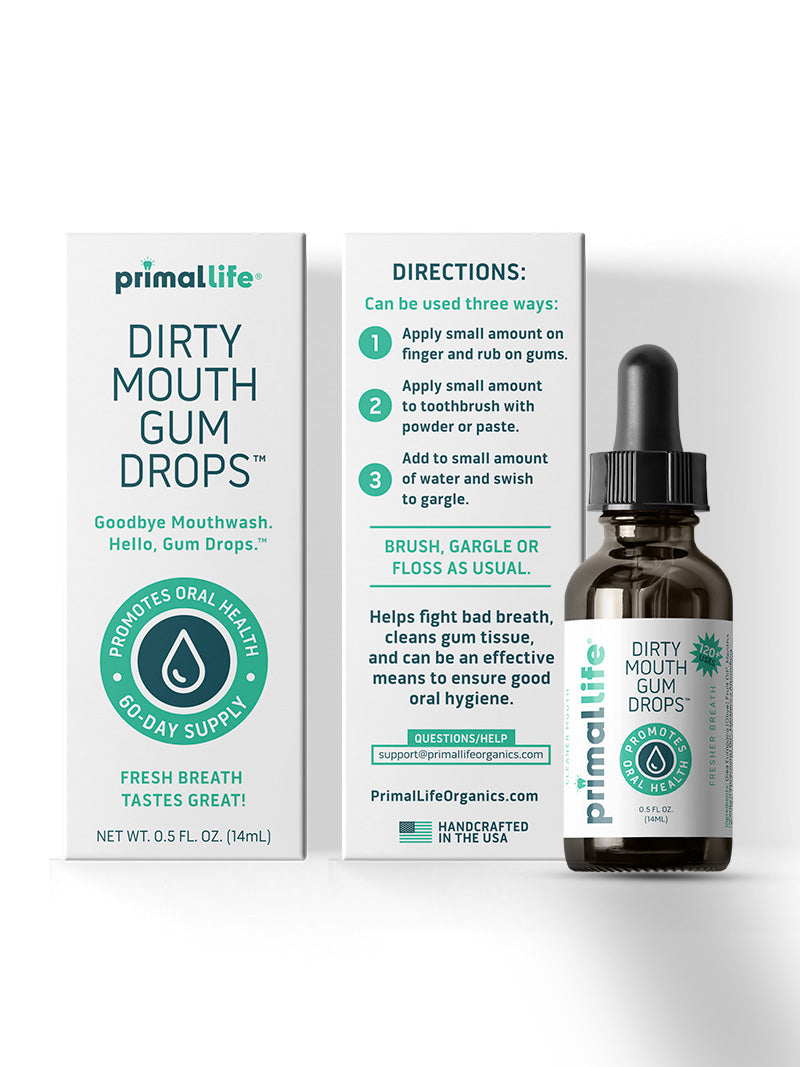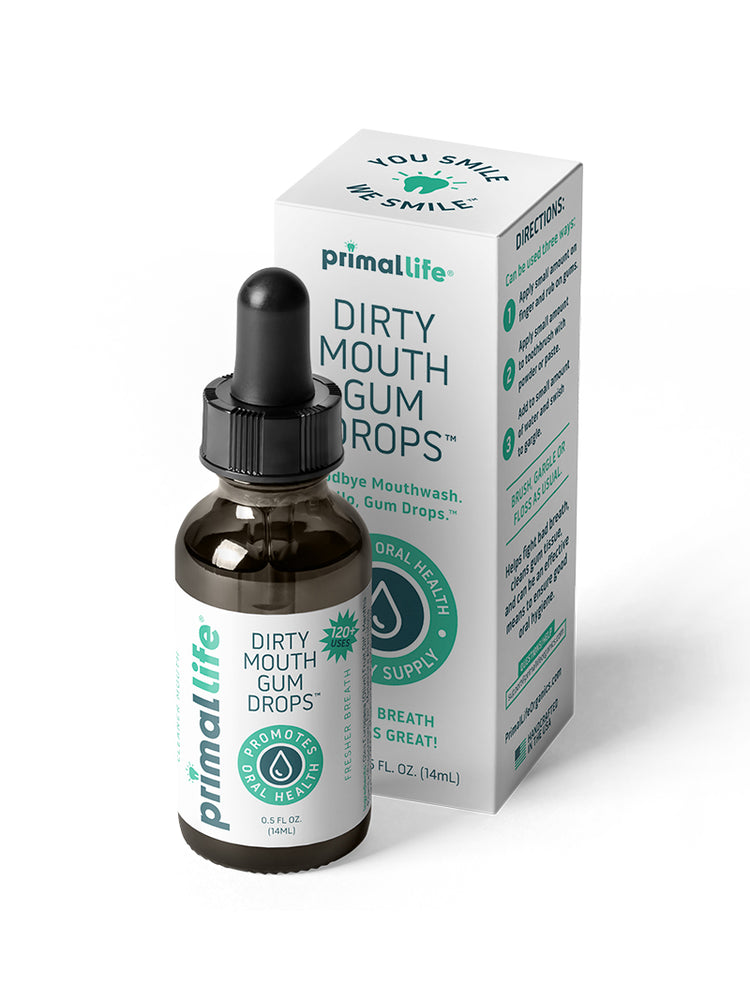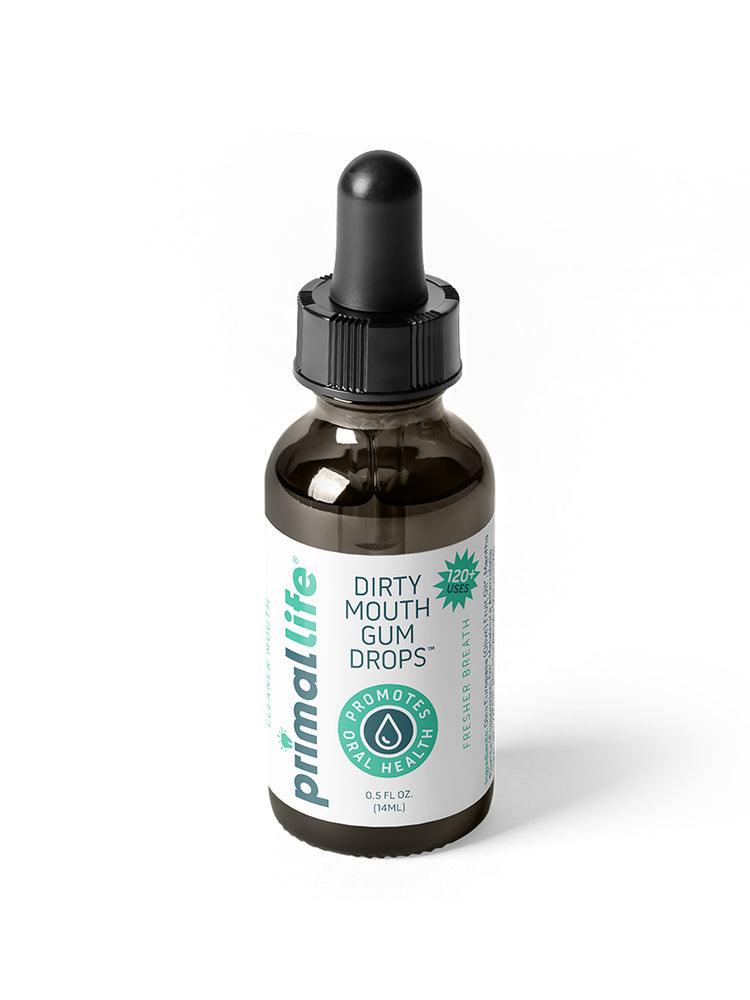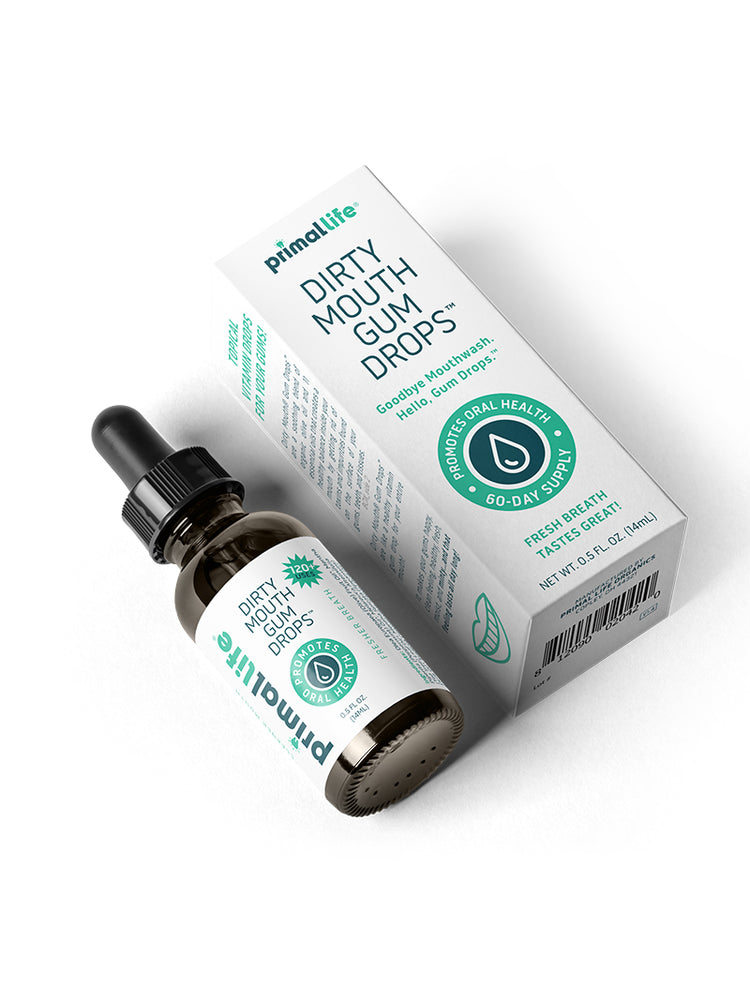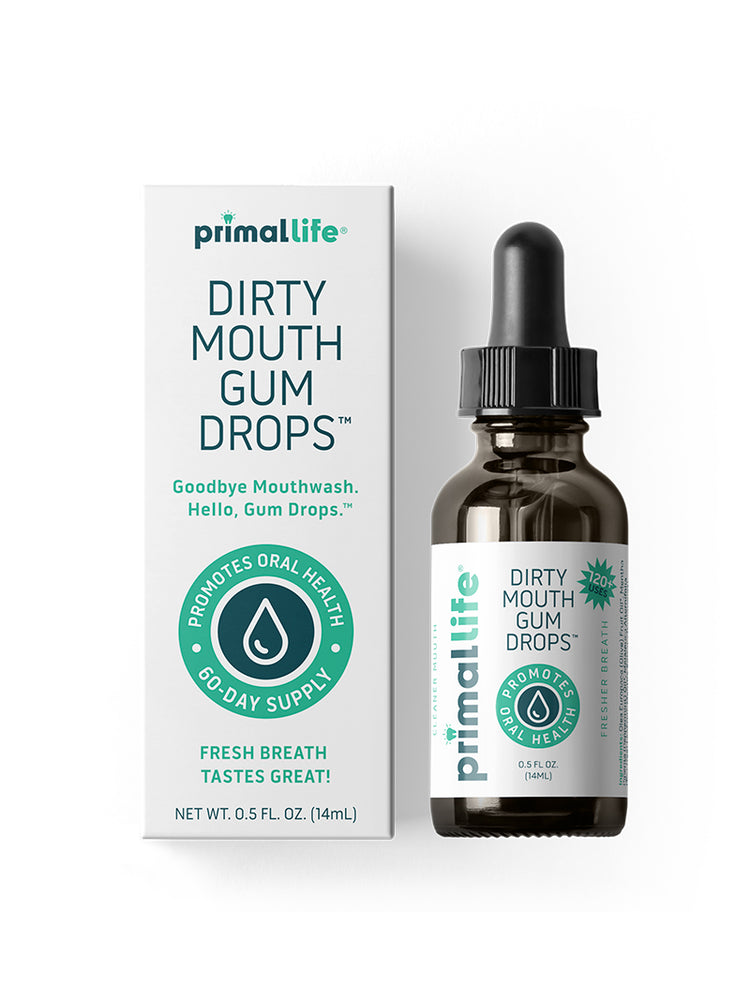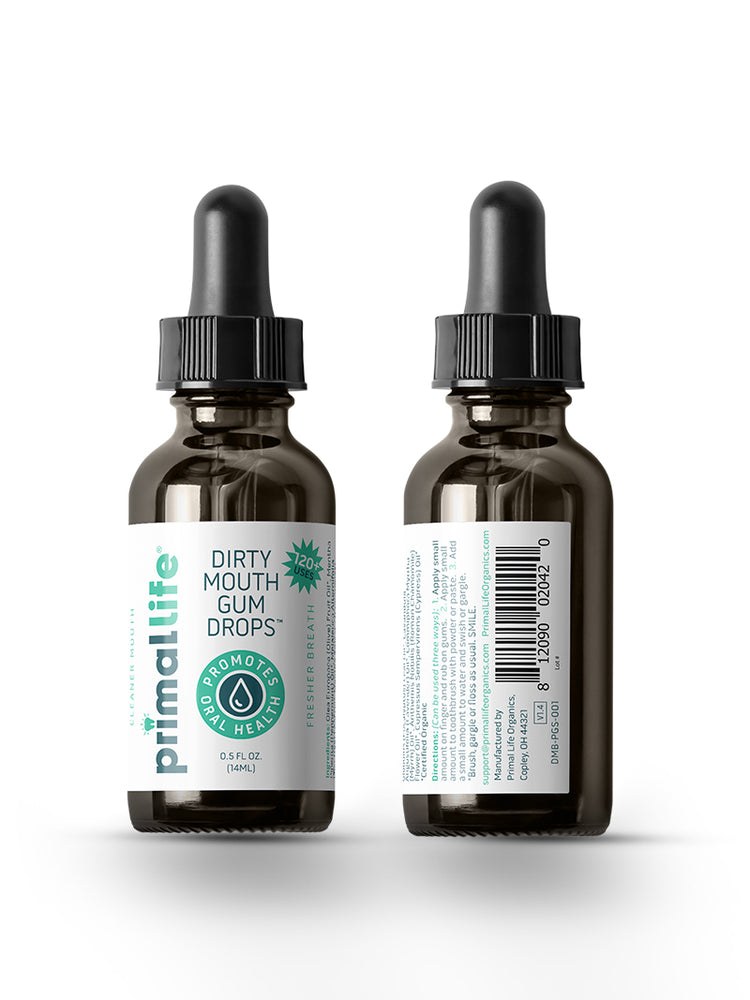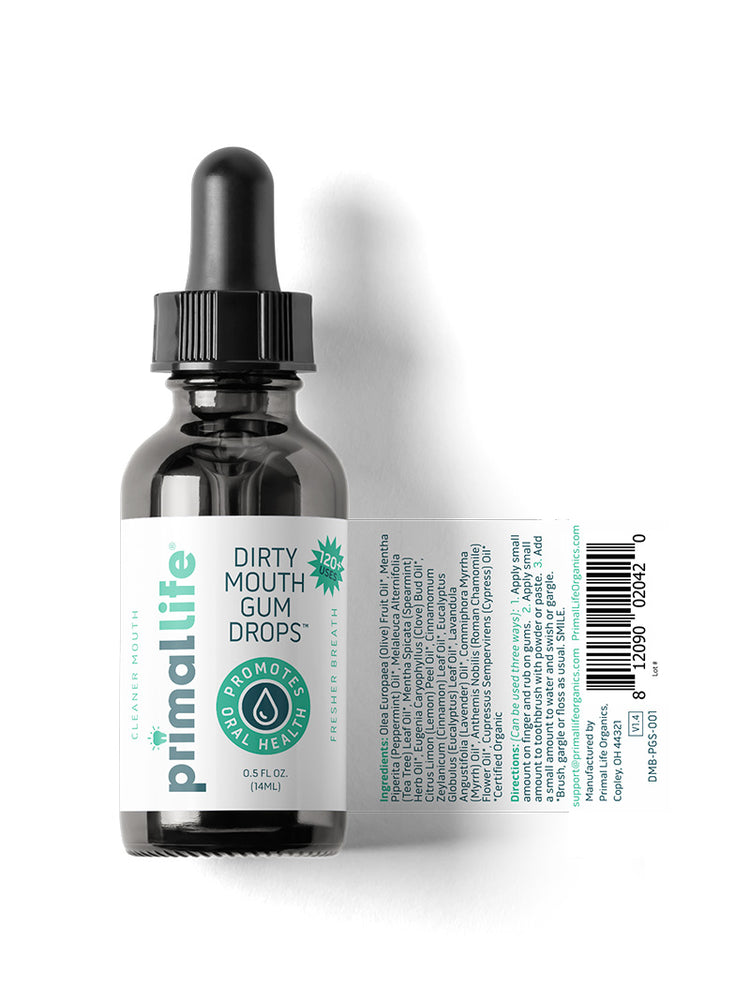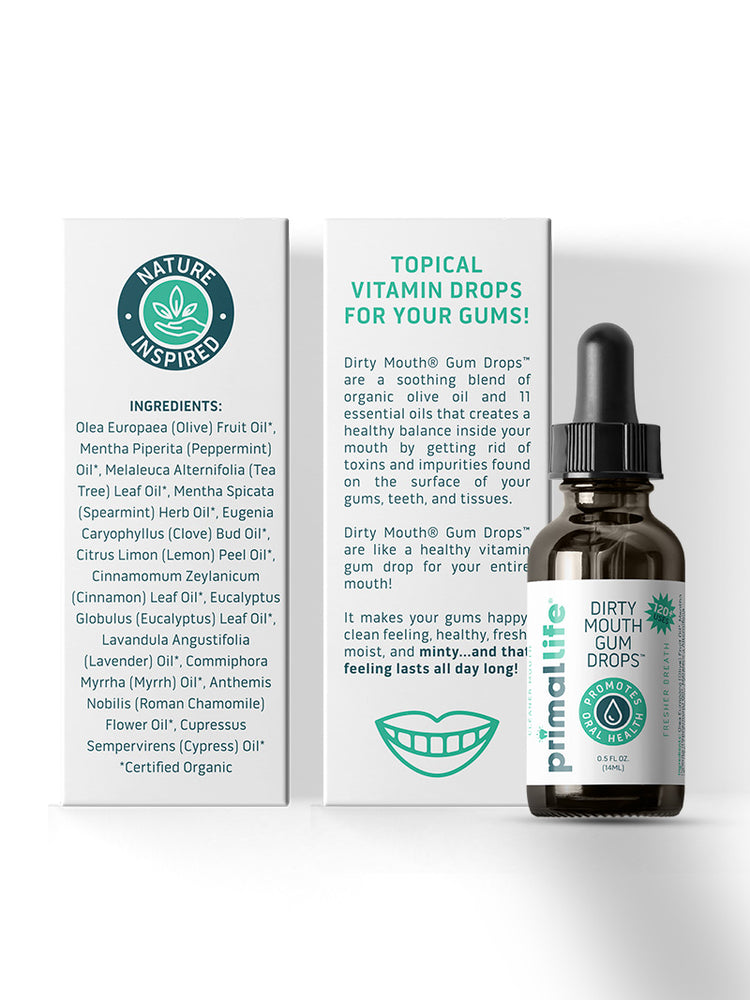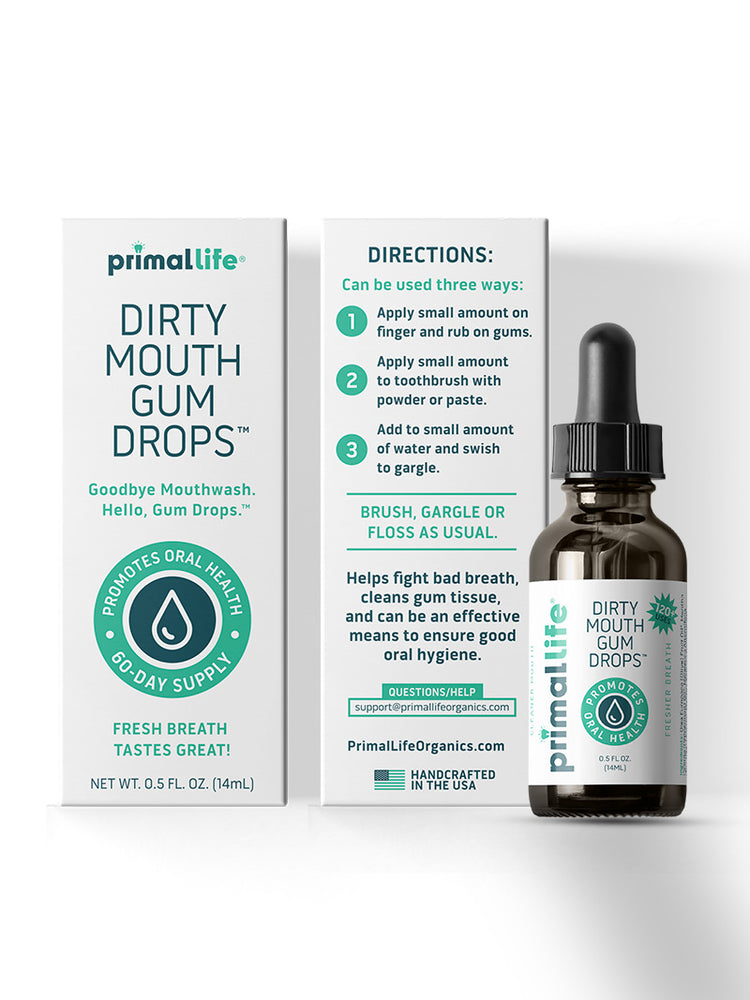Does Activated Charcoal Really Whiten Teeth? Your Ultimate Guide to the Trendy Natural Ingredient
You know it well — the knot in your stomach when it’s time to smile in front of other people. The dread of opening your mouth to reveal teeth stained yellow and brown. Ugh!
We’ve all been there. Unfortunately, most of us have also turned to commercial whitening kits to remove our stains and give us the confidence to smile again. I say “unfortunately” because most whitening kits are train wrecks waiting to happen. Sensitivity, enamel damage, gum inflammation, and inconsistent whitening are just a few of the side effects associated with peroxide whitening treatments.
Luckily for us, nature offers a much better way to whiten our teeth. It’s called activated charcoal. This trendy natural ingredient is hardly new, even if it’s new to us. Activated charcoal has been used for thousands of years to purify the body from toxins and enhance overall health.
But does activated charcoal really whiten teeth? It sure does, and the more you learn about this powerful whitening agent, the more control you can take over your oral health.
What Is Activated Charcoal?
Don’t worry, I’m not talking about the charcoal you use for your annual Memorial Day barbecue. All charcoal originates from carbon, but activated charcoal has its own set of unique properties and capabilities (and cooking a great hamburger isn’t one of them!).
Activated charcoal is a fine, odorless, black powder that becomes “activated” through heat. It’s possible to make activated charcoal from many carbon sources like wood, peat, and sawdust, but the best source is coconut shells.
The heating activation process alters the internal structure of charcoal by making it more porous and creating holes in each molecule. As a result, the negative charge of activated charcoal effortlessly binds to surrounding molecules and ions. This traps them and prevents their absorption into the human body.
What Are the Health Benefits of Activated Charcoal?
The toxin-binding properties of activated charcoal have been used as a poison antidote by hospitals since the early 19th century. Activated charcoal binds to many different drugs and pulls them out of the body to prevent overdose and poisoning. Emergency room doctors keep activated charcoal close to reverse the effects of excess aspirin, acetaminophen, sedatives, and prescription drugs.
Activated charcoal is so effective that a single dose of about 75 grams can reduce drug absorption in adults by up to 74% if taken within five minutes of the drug. Even if activated charcoal isn’t taken for 30 minutes after a drug overdose, it can still be 50% effective.
Beyond its function as a poison antidote, activated charcoal also offers an impressive range of health benefits for the body.
Enhance Kidney Function
Your kidneys are the gatekeepers of your excretory system, which means your kidney health plays a major role in your body’s ability to remove toxins from your body. In addition to filtering waste and toxins from 200 quarts of blood a day, your kidneys also have the essential responsibilities of maintaining your overall fluid balance and creating the hormones that produce red blood cells and regulate blood pressure.
Activated charcoal enhances kidney function by reducing the amount of waste and toxins that your kidneys are forced to filter. This is especially important for patients with chronic kidney disease who need extra kidney filtration support.
Reduce Cholesterol Levels
We all know that prescription cholesterol medications put you at risk of nasty side effects, but activated charcoal offers a safe and effective alternative. According to a wide body of research, activated charcoal can reduce bad cholesterol while increasing good cholesterol levels. Studies show that activated charcoal even delivers results on par with some prescription medications.
Fight Bloating
The bacteria in your gastrointestinal tract love to feast on the carbohydrates your body can’t easily digest. As the bacteria enjoy their meals, they release hydrogen, methane, and other gases that build up in your system. The more gas that builds up, the more bloated you feel.
This uncomfortable and sometimes painful condition often feels like an inflated balloon in your belly. Luckily, you can use activated charcoal to reduce your bloating sensation. Since activated charcoal itself cannot be absorbed by your body, it travels out in bowel movements, carrying all of your body’s unwanted toxins with it.
Dental Benefits of Activated Charcoal
All of those activated charcoal benefits might come in handy for you one day, but you’re here to learn how activated charcoal can get you a brighter smile! There’s no way to deny the dental benefits of activated charcoal, so get ready to add it to your shopping list.
Does Activated Charcoal Really Whiten Teeth?
Does activated charcoal really whiten teeth? You bet it does! Activated charcoal is such a powerful whitener because it functions in multiple ways in the mouth. In addition to attacking stains directly, activated charcoal also supports overall oral health, which in turn cultivates an environment where staining is less likely to occur.
Why Are Your Teeth Stained?
It’s very likely that a lifetime of drinking coffee, munching on berries, and enjoying an evening glass of Merlot has gradually transformed your white and vibrant teeth into dull, stained, discolored duds. But it’s not just dark-colored foods and drinks that stain your pearly whites.
Age is also to blame. Age-related discoloration occurs when the inner dentin and outer enamel structures of the tooth both become discolored. It’s hard to avoid, especially since enamel thins with age and allows the discolored layers of your teeth to show through more distinctly.
Of course, poor habits like smoking, eating too much sugar, and skipping your daily brushing and flossing also contribute to dull, yellow teeth. When all of those factors combine, you’re left with a smile that you don’t want anybody to see, ever.
How Does Activated Charcoal Work in the Mouth?
When activated charcoal comes in contact with your teeth, its adsorptive properties immediately bond to the molecules creating stains, yellowing, and brown marks on your teeth. Toxins and discoloration-causing molecules are pulled gently out of your teeth and spit right into the sink.
Don’t worry, the black color of activated charcoal won’t stick to your teeth! It can stain grout and fabrics, but when it comes to your teeth, activated charcoal strictly whitens.
Activated charcoal also improves your overall oral health by removing the toxins and bacteria that cause plaque and inflammation. Less plaque and inflammation equals fewer cavities, happier gums, and a brighter smile!
Activated charcoal also has a double-whammy positive impact by raising and balancing the pH of your mouth. The pH of your mouth is supposed to range between 6.2 and 7.6, but we eat acidic foods, and beverages like coffee, soda, and sugary treats increase oral acidity and help bacteria thrive. By removing acidic compounds and bacteria from the mouth, activated charcoal paves the way for a cleaner, calmer mouth protected from bacterial overgrowth and discoloration.
No other whitening products can claim to enhance the strength and health of your teeth and gums, but activated charcoal certainly can!

Is It Abrasive?
Just like baking soda and other natural tooth-cleaning and whitening substances, activated charcoal is non-abrasive and will not damage tooth enamel, especially when blended with clay. Charcoal should not be used alone for long periods of time because it does not have any minerals to strengthen the teeth and harden the enamel.
Its texture is part of what helps activated charcoal work so well, but it’s still best to limit your use of raw activated charcoal to a few times a week in order to prevent damage to tooth enamel from mineral loss.
However, compared to other whitening products like commercial toothpastes and gels, activated charcoal is relatively gentle. The Relative Dentin Abrasivity (RDA) guide measures the abrasiveness of all dental products. It identifies the safest products as scoring below 100. Activated charcoal powder measures about 70 to 90 on the RDA scale, while normal whitening toothpastes usually score closer to 200. The numbers don’t lie!
How Does Activated Charcoal Compare to Other Whitening Options?
If activated charcoal was a Rolls Royce, other whitening products would be a beat-up 1985 Honda. Sure, they might get the job done, but they’re rough, unreliable, and downright dangerous.
Peroxide Whitening Is Dangerous and Painful
Carbamide peroxide is the main ingredient in most standard teeth-whitening products. It breaks down into hydrogen peroxide to bleach the color of your teeth through a chemical reaction. The ADA considers this a safe way to brighten teeth, but I don’t think the term “bleach” should ever have anything to do with my mouth!
Research shows that strong whitening products, especially those containing between 30 and 35 percent peroxide, can burn the soft tissue of the gums and create painful irritation. Worse yet, peroxide weakens the enamel and dentin responsible for making our teeth strong and white.
A growing body of research proves the dangers of peroxide whitening products:
- Increase porosity of surface enamel
- Leach minerals from teeth and reduce protein concentration
- Disrupt natural calcium-to-phosphate ratio
- Rob calcium from teeth
If risking weak, brittle, damaged teeth wasn’t bad enough, peroxide whitening is also infamous for causing searing tooth sensitivity. This is an unavoidable side effect of conventional whitening kits because the peroxide must penetrate your hard tooth structure and expose nerves in order to oxidize and remove the stain-causing molecules.
The Best Ways to Use Activated Charcoal
You could easily buy a container of pure activated charcoal and get down to business, but I have a few better options for you! The natural dental care products formulated by Primal Life Organics make it possible for you to gently and safely make activated charcoal a part of your daily routine.
Tooth Powder with Activated Charcoal
Natural Dirty Mouth Tooth Powder blends activated charcoal with other powerful natural ingredients like bentonite clay, organic essential oils, hemp seed oil, and aluminum-free baking soda to deliver serious benefits to your mouth:
- Polish and clean the teeth
- Cleanse gum tissues from toxins and impurities
- Remove plaque and prevent tartar
- Reduce gum inflammation and risk of infection
- Whiten and brighten stained teeth
- Remineralizes and strengthens teeth
How’s that for multi-tasking!? Since Dirty Mouth Tooth Powder is 100% concentrated, a little goes a long way. Use twice a day instead of a conventional fluoride toothpaste, and you’re sure to see impressive results.

LED Light Whitening Kit With Activated Charcoal Gel
You can throw away your old tooth-whitening strips and cancel your expensive in-office whitening procedure. All you need is an LED light whitening kit and a natural activated charcoal whitening gel to get a smile you’re proud to reveal.
LED light functions as a catalyst to the whitening process and accelerates the results of any natural whitening agent you apply to your teeth. Thanks to the power and efficiency of LED lights, you only need 10 to 20 minutes a day to see dramatic results.
Boost Whitening Gel is a completely safe whitening agent formulated with the very best natural ingredients to help your teeth look whiter and feel stronger without causing the damage associated with conventional whitening treatments. It combines extra virgin olive oil, bentonite clay, essential oils, and the all-powerful activated charcoal to help your teeth dazzle.
The activated charcoal quickly absorbs plaque and other unwanted compounds that stain your teeth. By binding to the toxins and pulling them out of your mouth, activated charcoal helps leave your teeth much brighter and whiter than before. Other ingredients like essential oils and bentonite clay help by soothing your teeth and gums, fighting dangerous bacteria, and revitalizing your smile.
Brush With a Charcoal Toothbrush
If you’ve used normal plastic toothbrushes your entire life, you’ve been doing yourself a disservice. The secret to sparkling teeth and fresh breath isn’t an old-fashioned toothbrush that scrapes away at your teeth with goopy toothpaste. Instead, it’s a bamboo toothbrush with bristles that are infused with activated charcoal.
Benefits of Choosing a Charcoal Toothbrush
If you’re not so sure about tossing your plastic toothbrush in favor of a Charcoal Ion Toothbrush, I have a feeling the following benefits will convince you to give it a try.
Remove Plaque Safely
Conventional toothbrushes and toothpastes don’t just remove plaque and bacteria from your teeth — they can also remove precious enamel and leave your teeth vulnerable, weak, and sensitive. Charcoal-infused toothbrushes are gentle enough to pull plaque away from your teeth while still leaving enamel in place. This helps you prevent cavities and revitalize your oral health without simultaneously putting your teeth and gums at risk of damage.
Reduce Stains and Add Whitening Power
This may seem counterintuitive — how can black charcoal possibly whiten your teeth, right? Well, the charcoal pulls acids, sugars, and bacteria from food and beverages away from your teeth. This is a gentle way to help your smile look brighter and healthier without ever exposing your teeth to harsh peroxides.
Eliminate Bad Breath
Activated charcoal doesn’t stop at removing plaque and whitening your teeth! It also effectively eliminates bad breath. By pulling chemicals and toxins away from your teeth, gums, and tongue, a charcoal toothbrush limits the bacteria and sulfur known to cause the rancid odor of bad breath. It doesn’t just mask bad breath like gum or mints do, but it solves the root of the problem.

Clean Gum Tissue
It’s no secret that your mouth is a breeding ground for germs and other dangerous bacteria. Pathogens love to hide in the tiny cracks and crevices in your mouth, which leads to many health problems. Fortunately, charcoal has an ionic pull to grab germs from even the smallest, sneakiest crevices and draw them out of your mouth.
By protecting your gums from the accumulation of bacteria and acids, your activated charcoal toothbrush can prevent gingivitis and help you maintain a white, confident smile.
Help the Environment
In addition to helping your mouth, using activated charcoal toothbrush also helps Mother Earth! Did you know that the average plastic toothbrush takes hundreds of years to biodegrade? With almost 50 million pounds of plastic toothbrushes thrown into landfills each year, that’s an unfathomable amount of plastic lurking in the ground long, long after we’re gone. Worse yet, the plastics don’t sit quietly until they degrade; instead, they leak pollutants into surrounding soil and water.
The Bamboo and biodegradable nylons used in the Charcoal Ion Toothbrush make it possible to ditch plastics, limit your landfill contributions, and reduce the usage of nonrenewable resources. You can feel even better about yourself knowing that your brushing habits are environmentally friendly!
The Bottom Line
We all want to do what is best for our health and happiness. When it comes to whitening your teeth, commercial whitening kits and toothpastes are not the answer, not by a long shot.
We’ve all been trained to believe that these commercial products will protect our teeth and improve the aesthetics of our smiles, but the truth is that they’re harmful, inefficient, and even painful.
The powerful cleaning and whitening properties of activated charcoal make it the ultimate natural alternative to commercial products, which is exactly why I’ve incorporated activated charcoal into all of my natural dental care products. Shop now to start your own journey toward naturally cleaning, whitening, and protecting your teeth.
Resources:
1. https://www.ncbi.nlm.nih.gov/pubmed/264090272. https://www.ncbi.nlm.nih.gov/pubmed/24412558
3. https://www.ncbi.nlm.nih.gov/pubmed/2874369
4. https://www.health.harvard.edu/digestive-health/what-should-i-do-about-bloating-and-gas
5. https://my.clevelandclinic.org/health/diseases/10958-tooth-discoloration
6. https://www.ada.org/en/member-center/oral-health-topics/toothpastes
7. https://www.ncbi.nlm.nih.gov/pmc/articles/PMC4229680/?_ga=2.8520113.546738981.1553004399-1220425171.1553004399
8. https://www.ncbi.nlm.nih.gov/pubmed/20045265
9. https://www.ncbi.nlm.nih.gov/pmc/articles/PMC3466022/?_ga=2.16627894.1252143398.1512077656-970936839.1510722429







